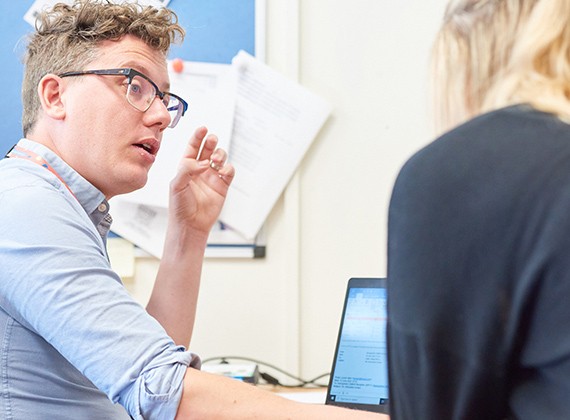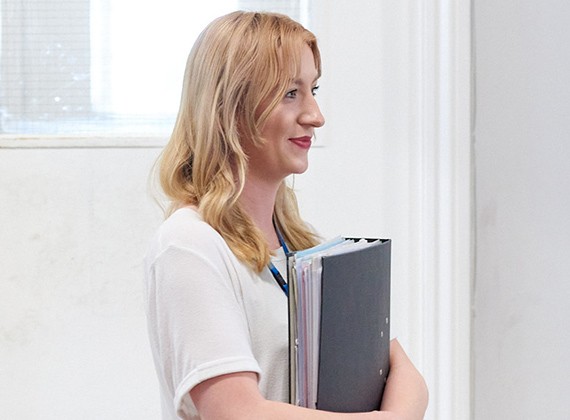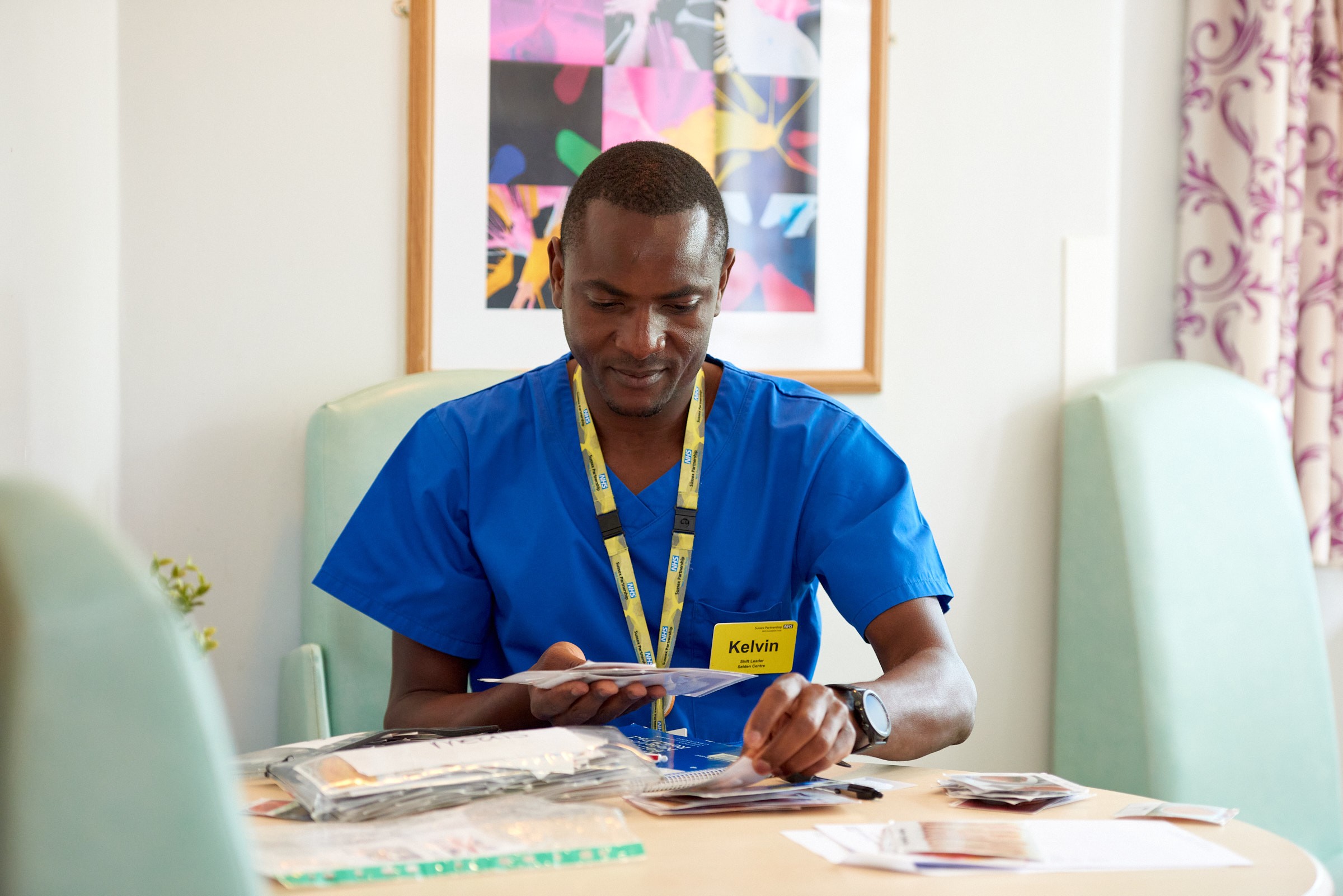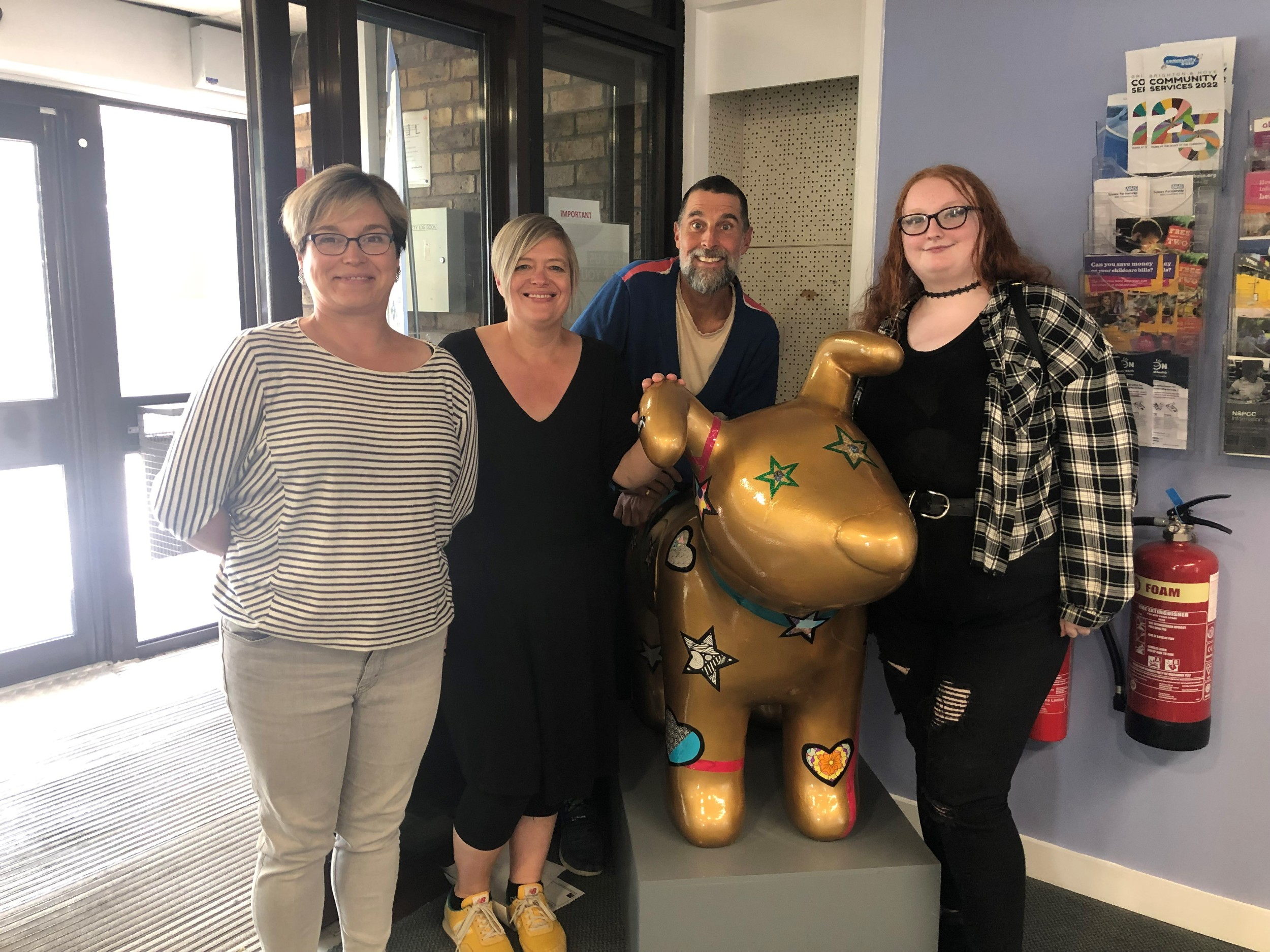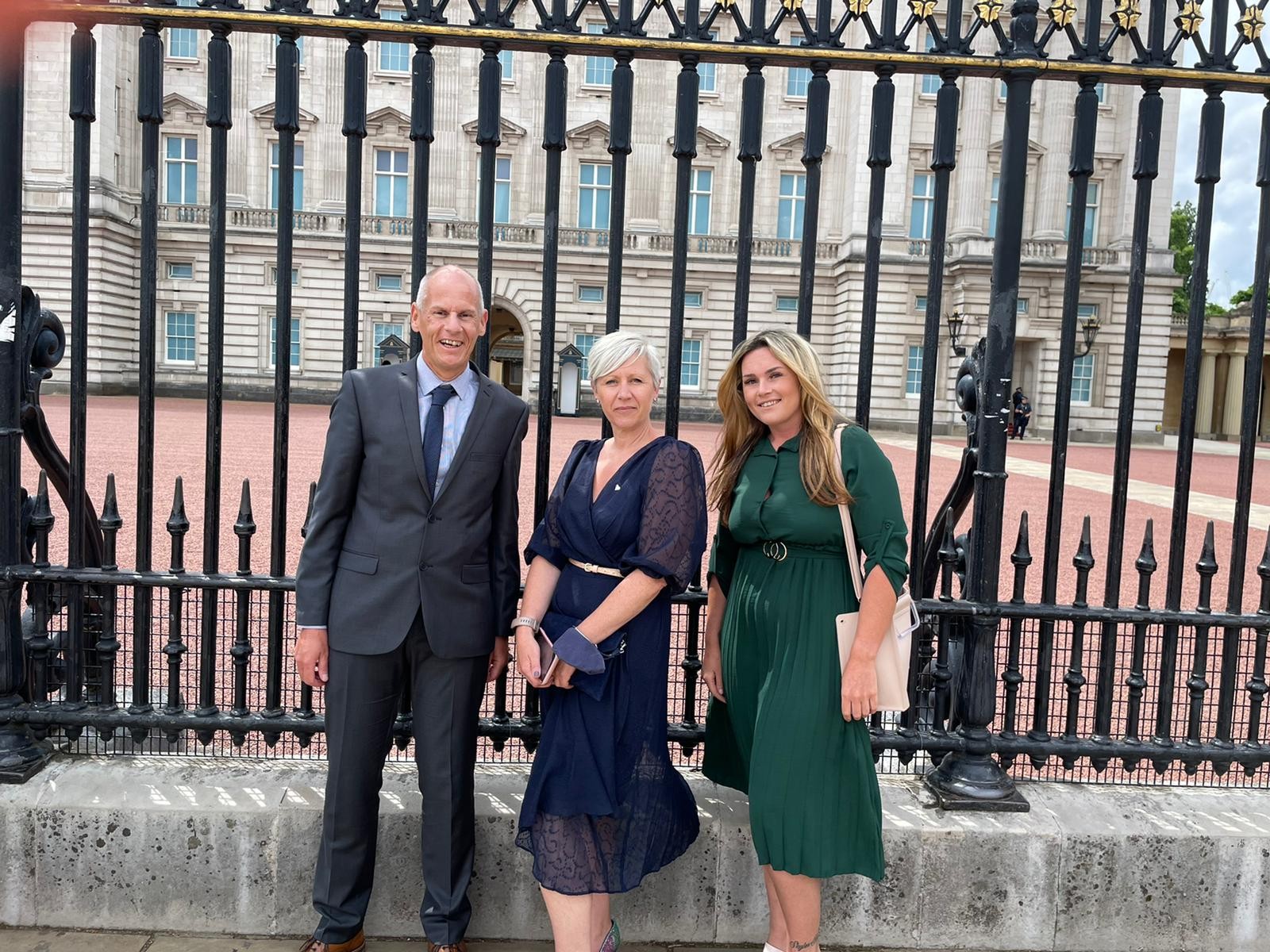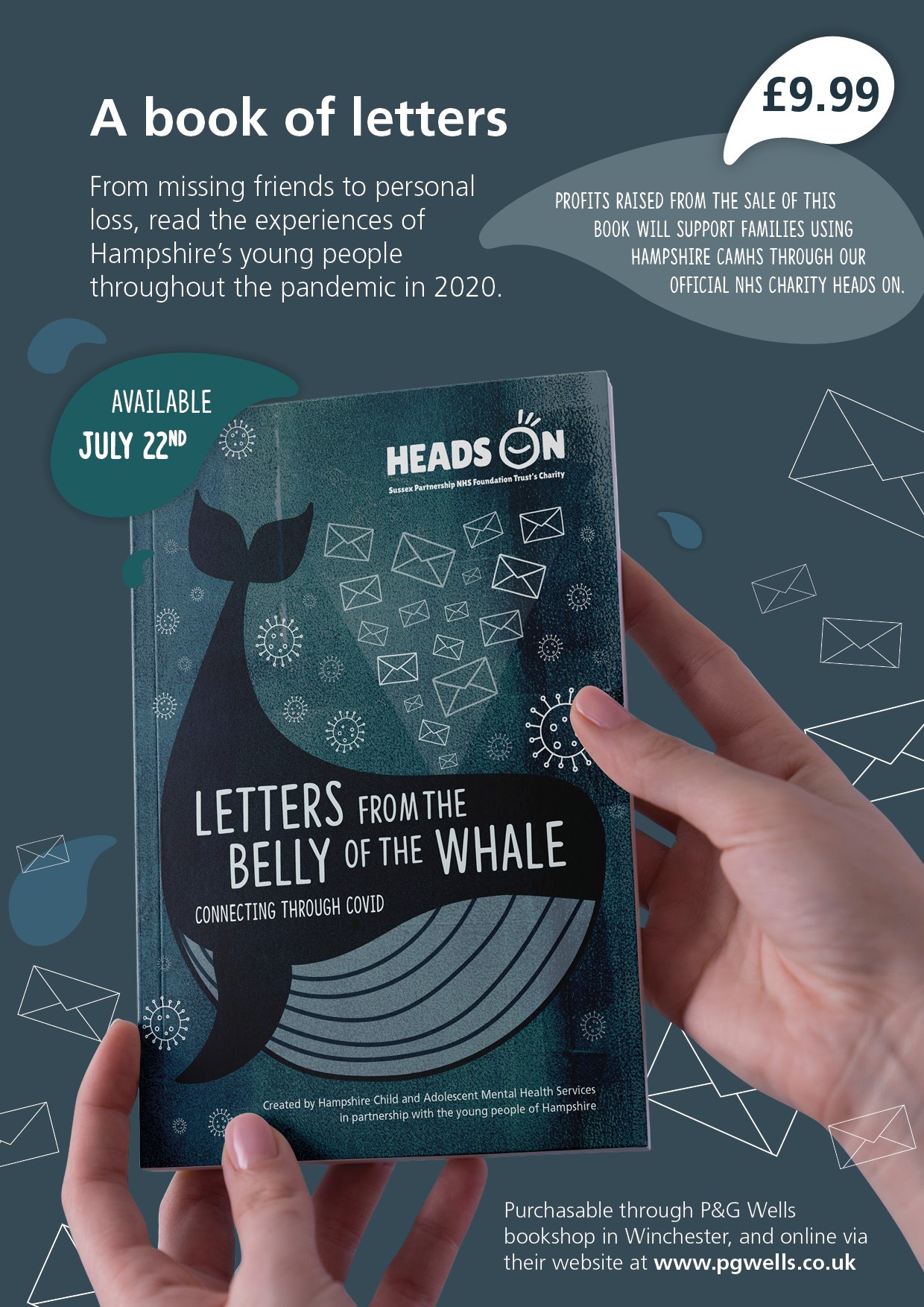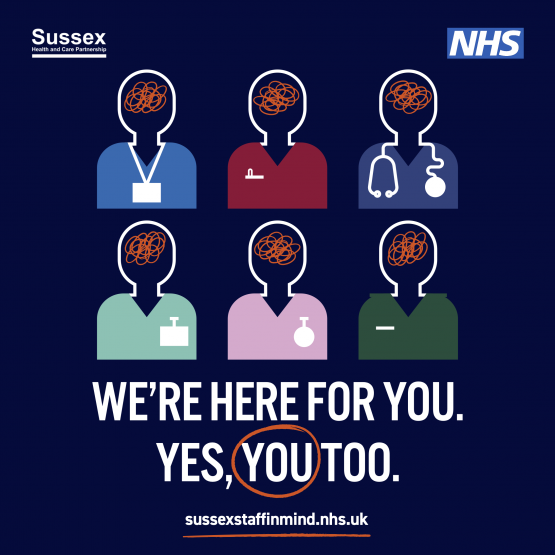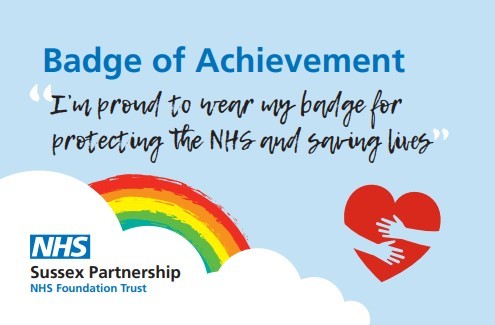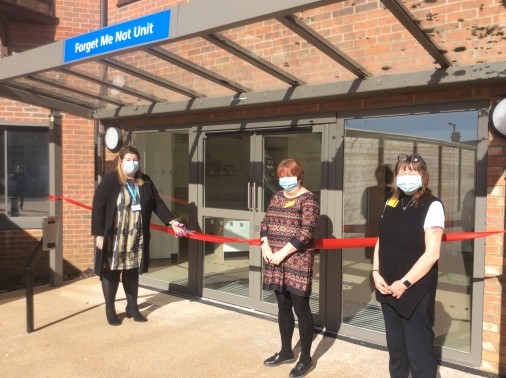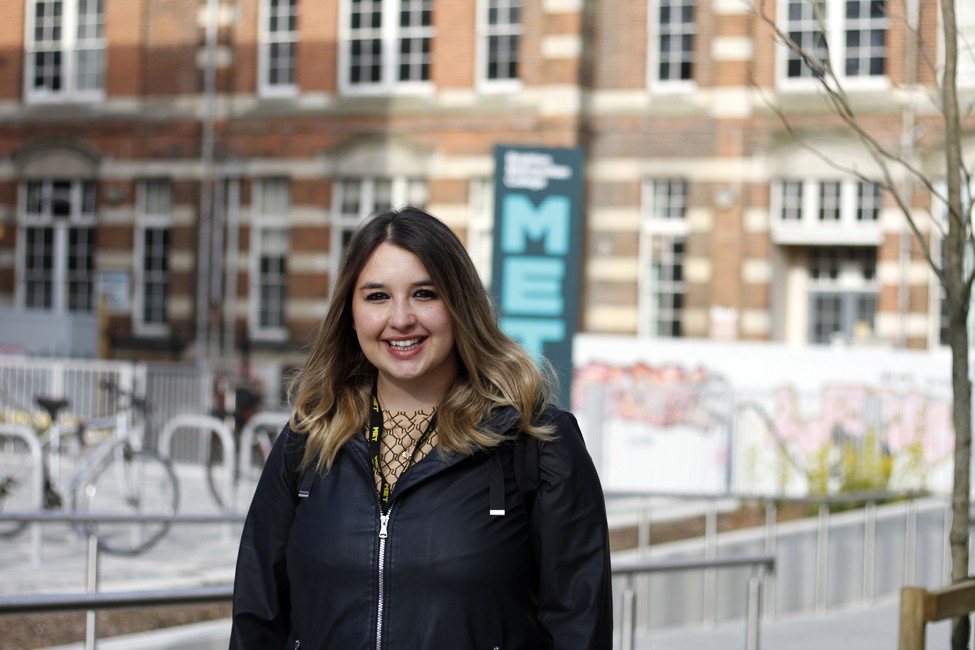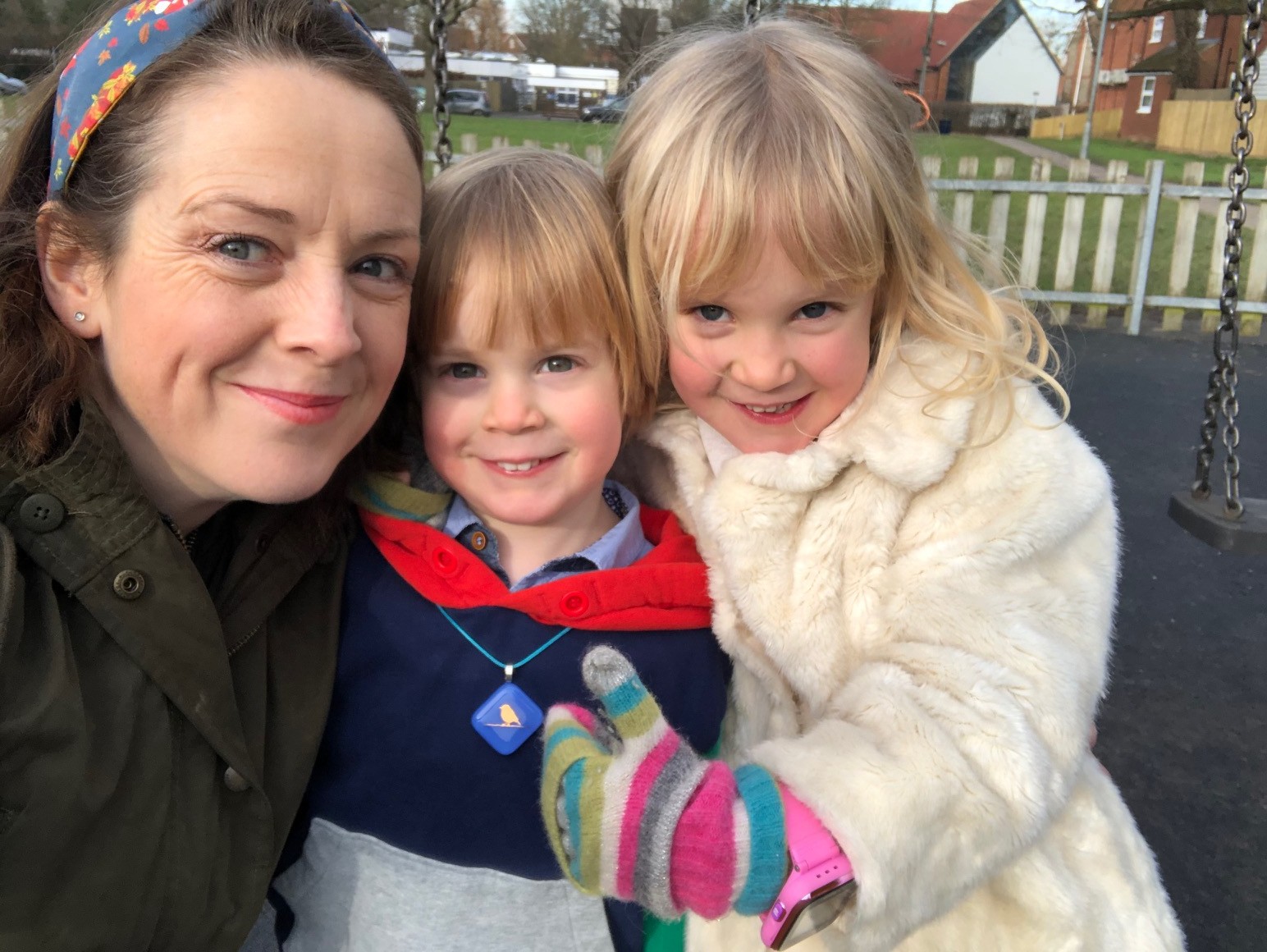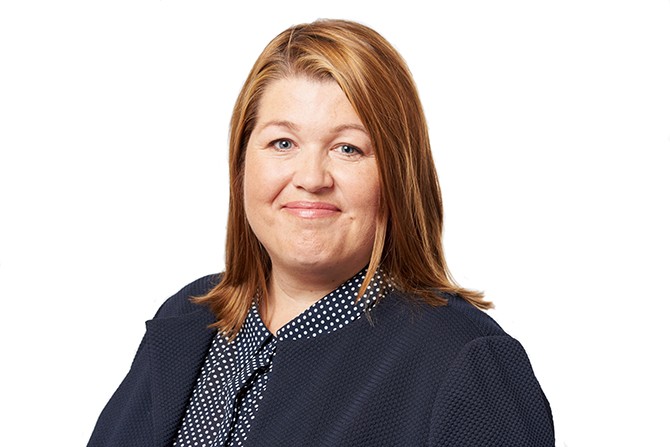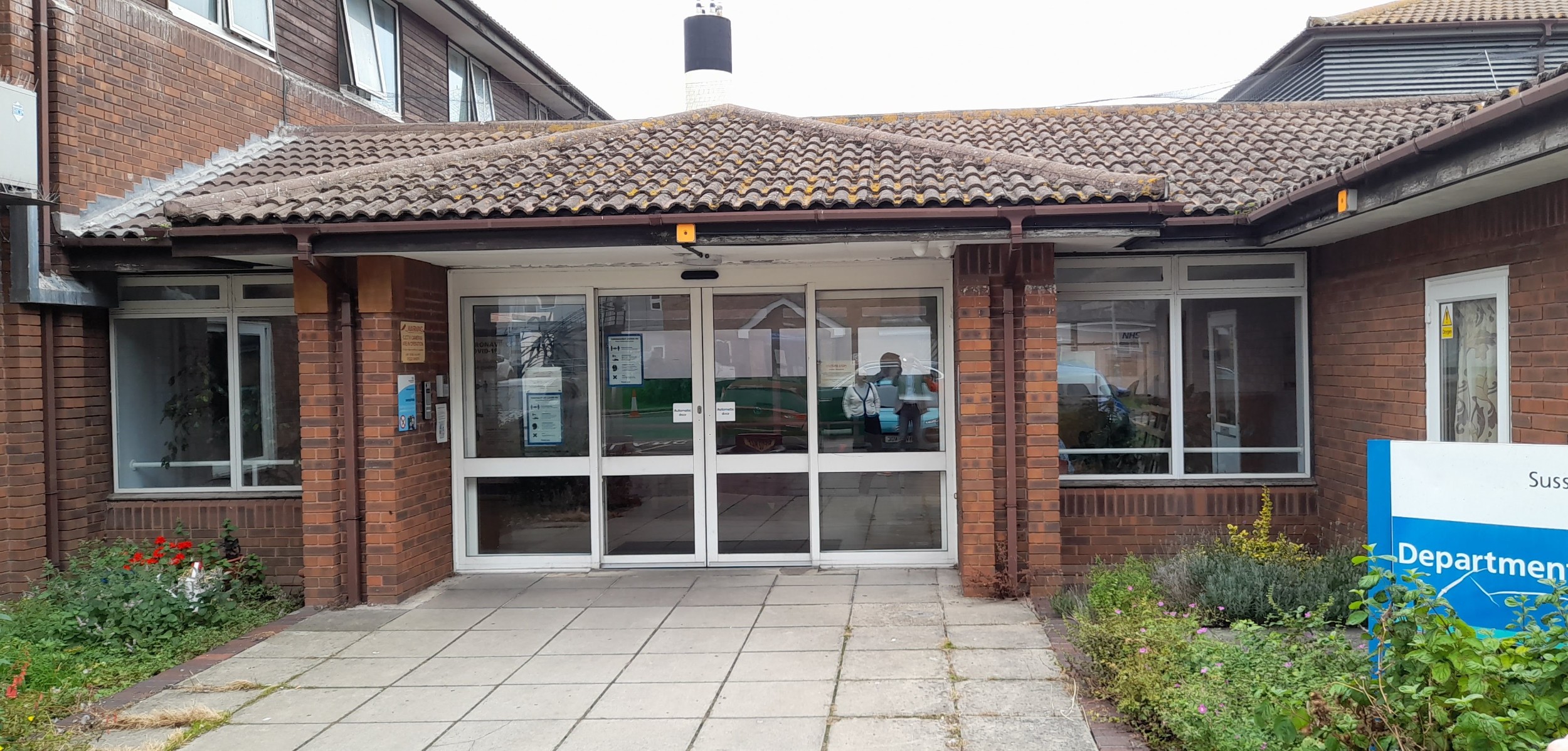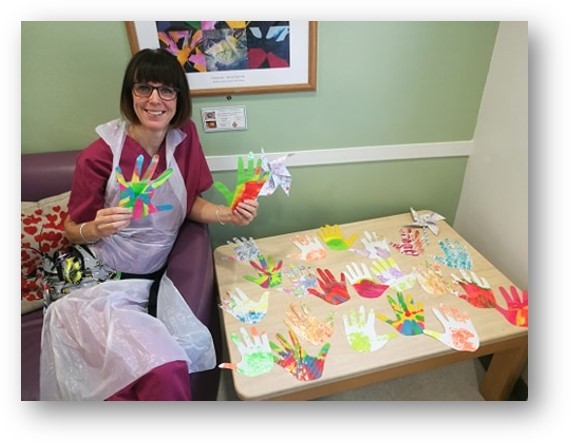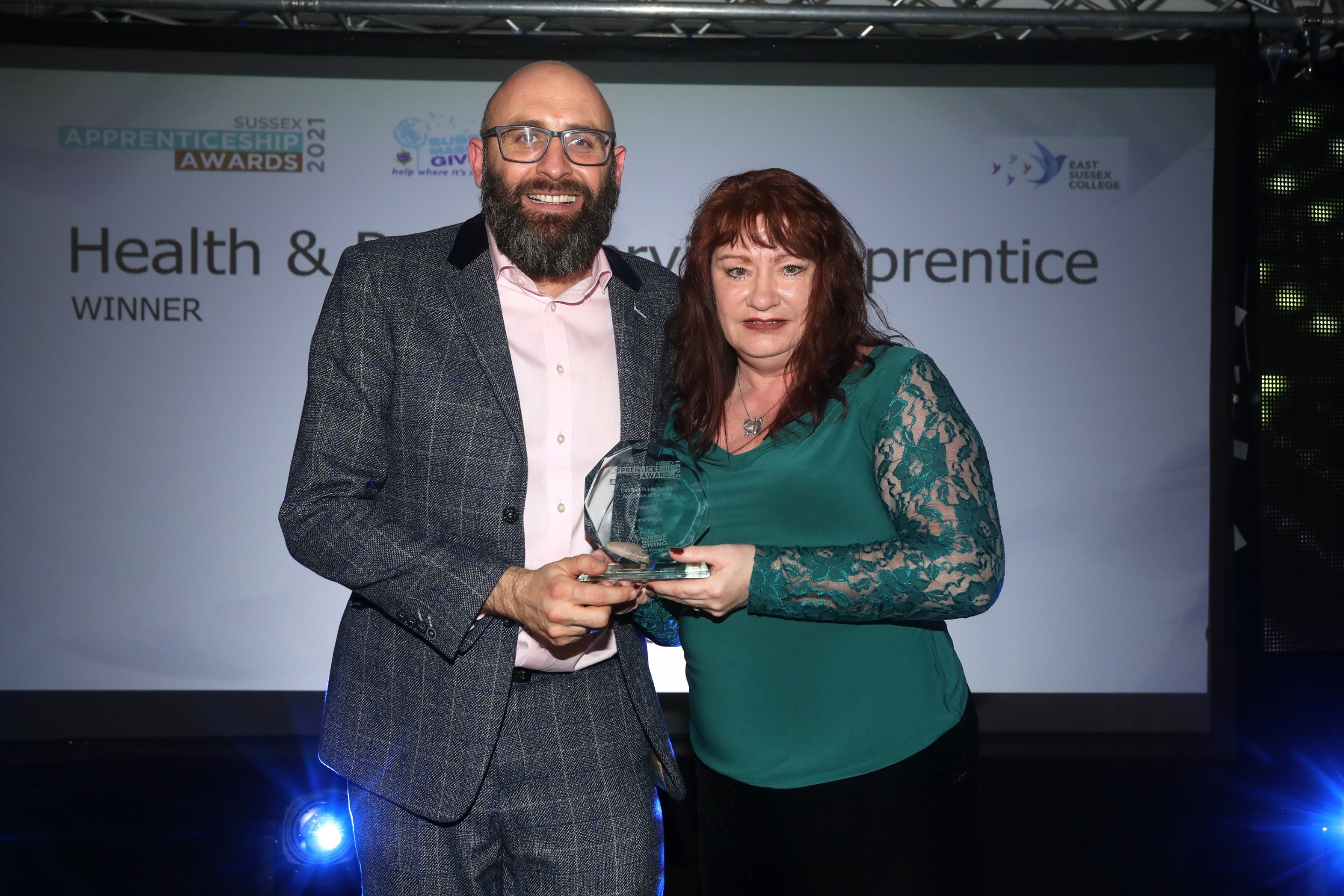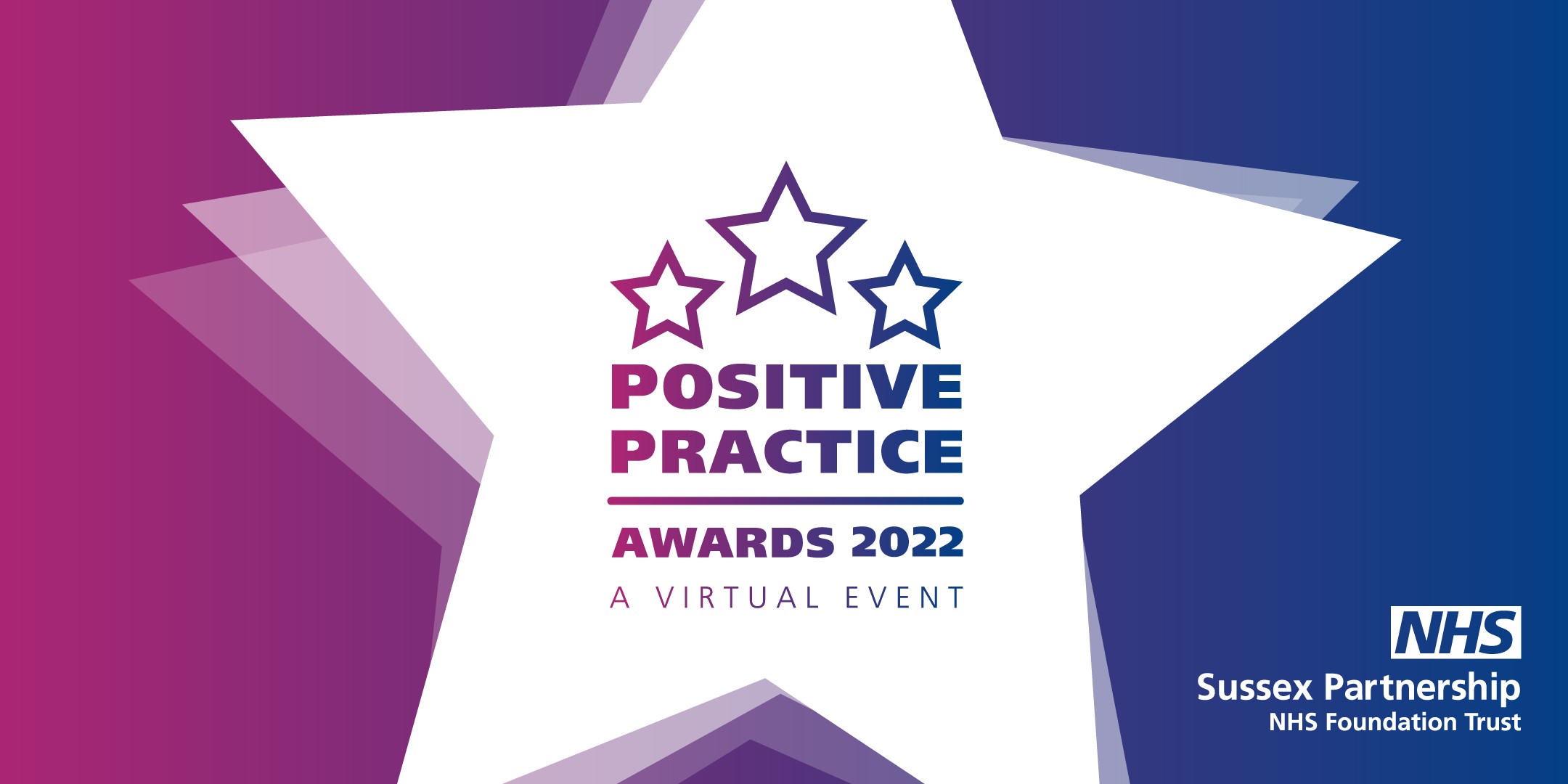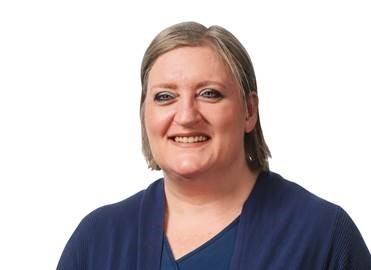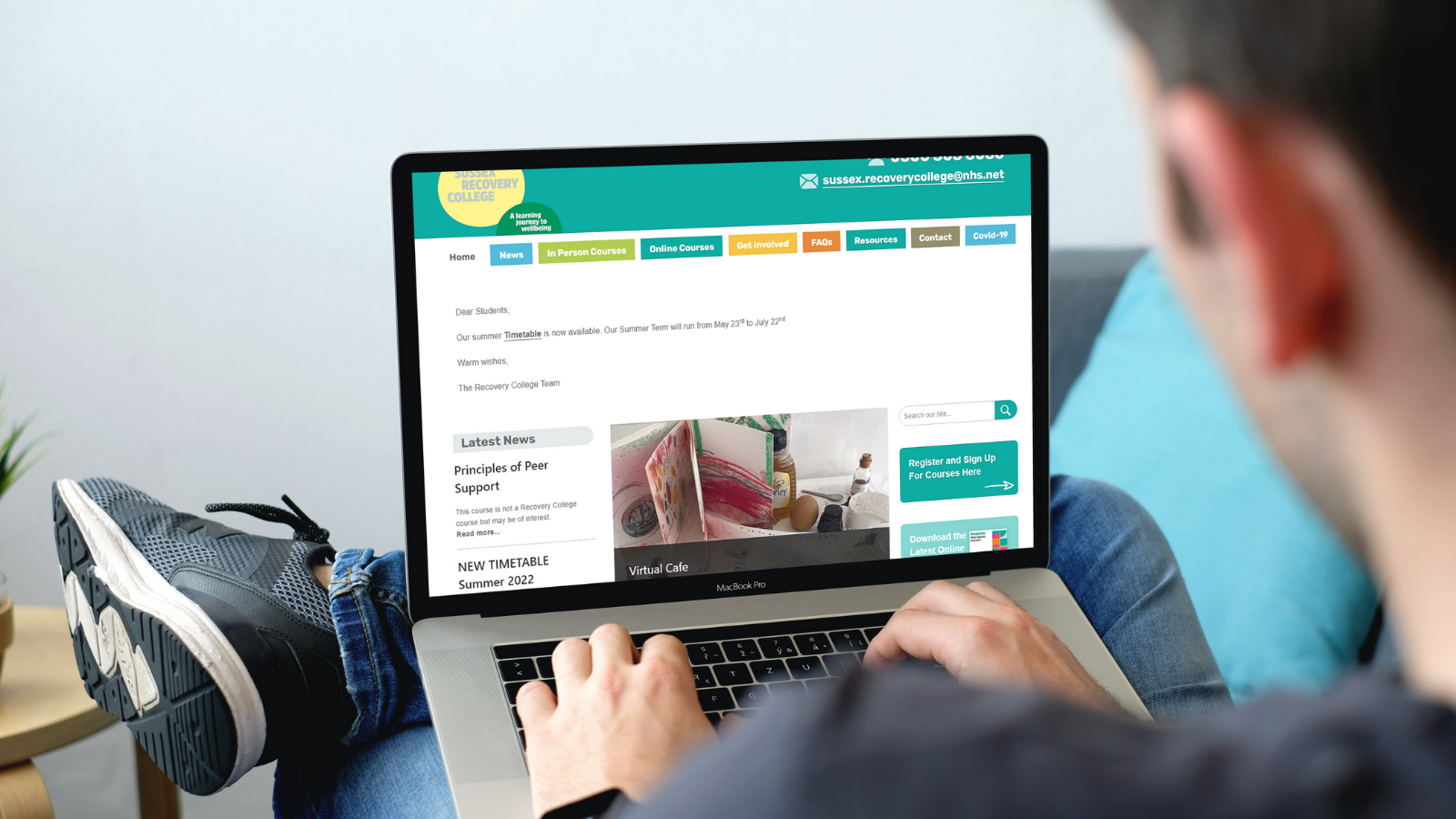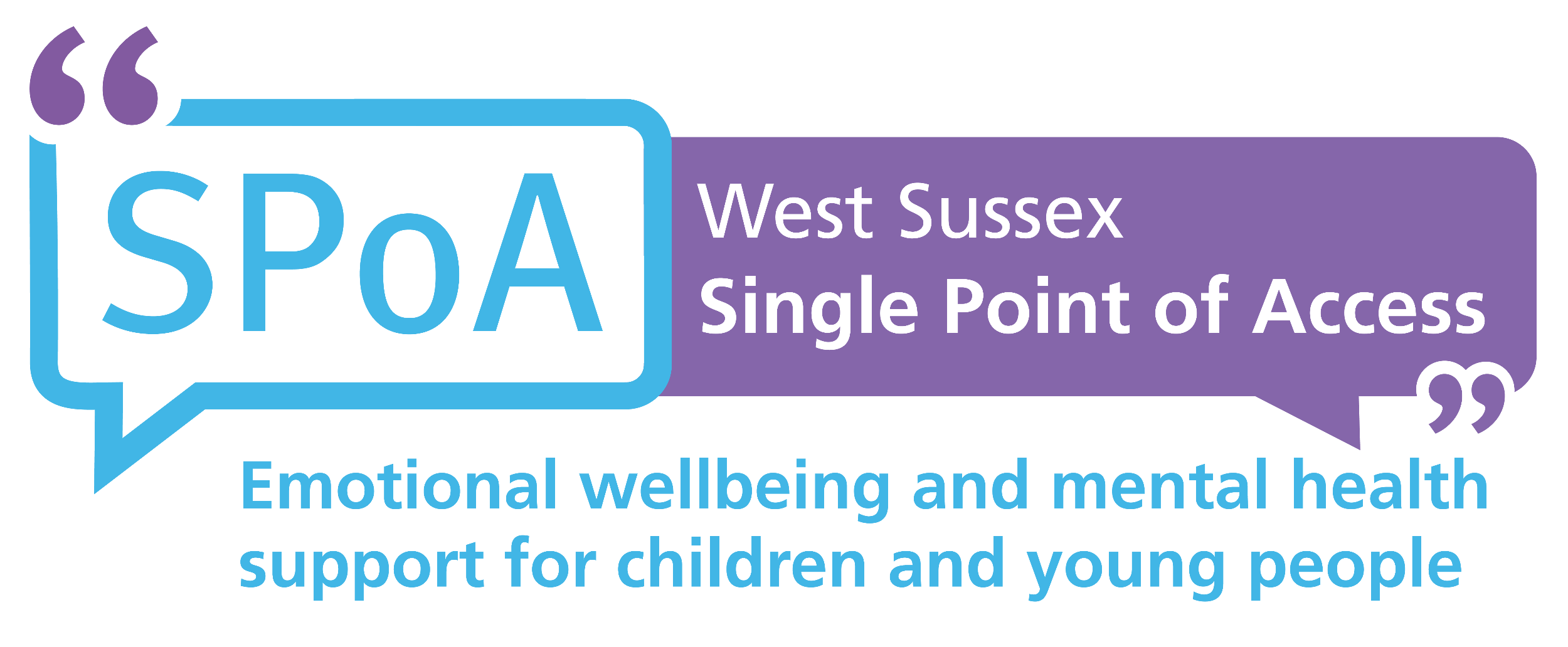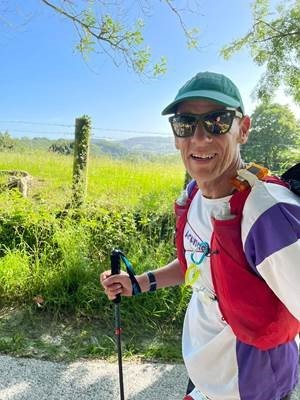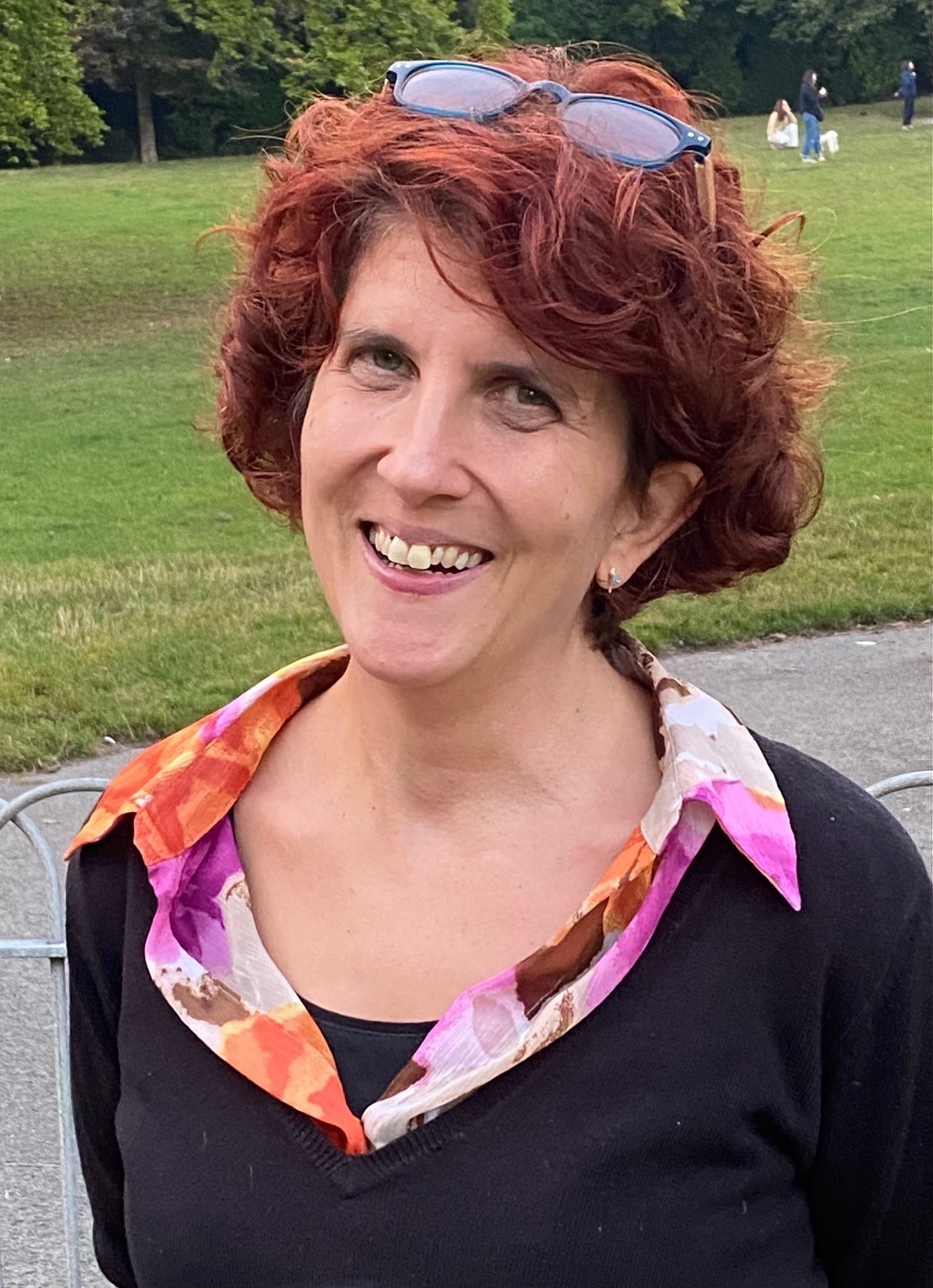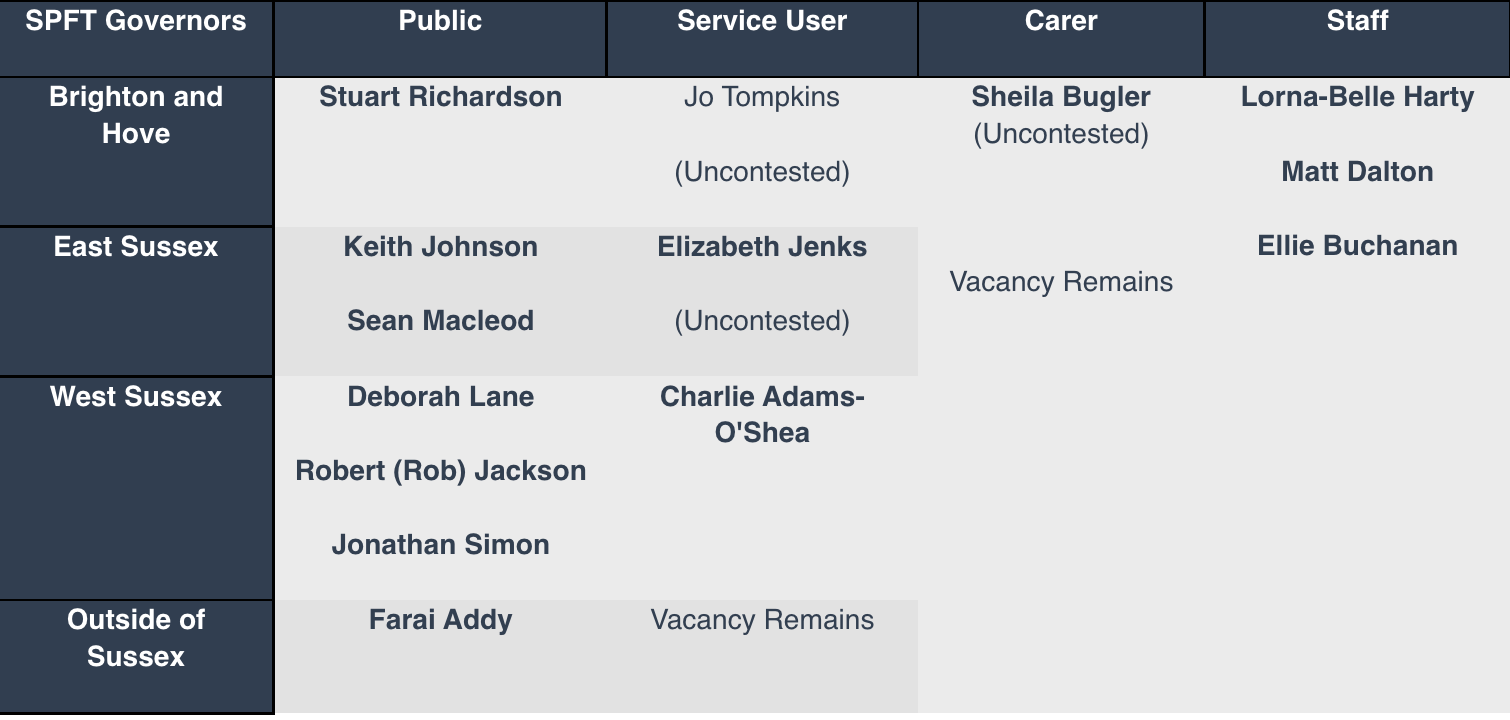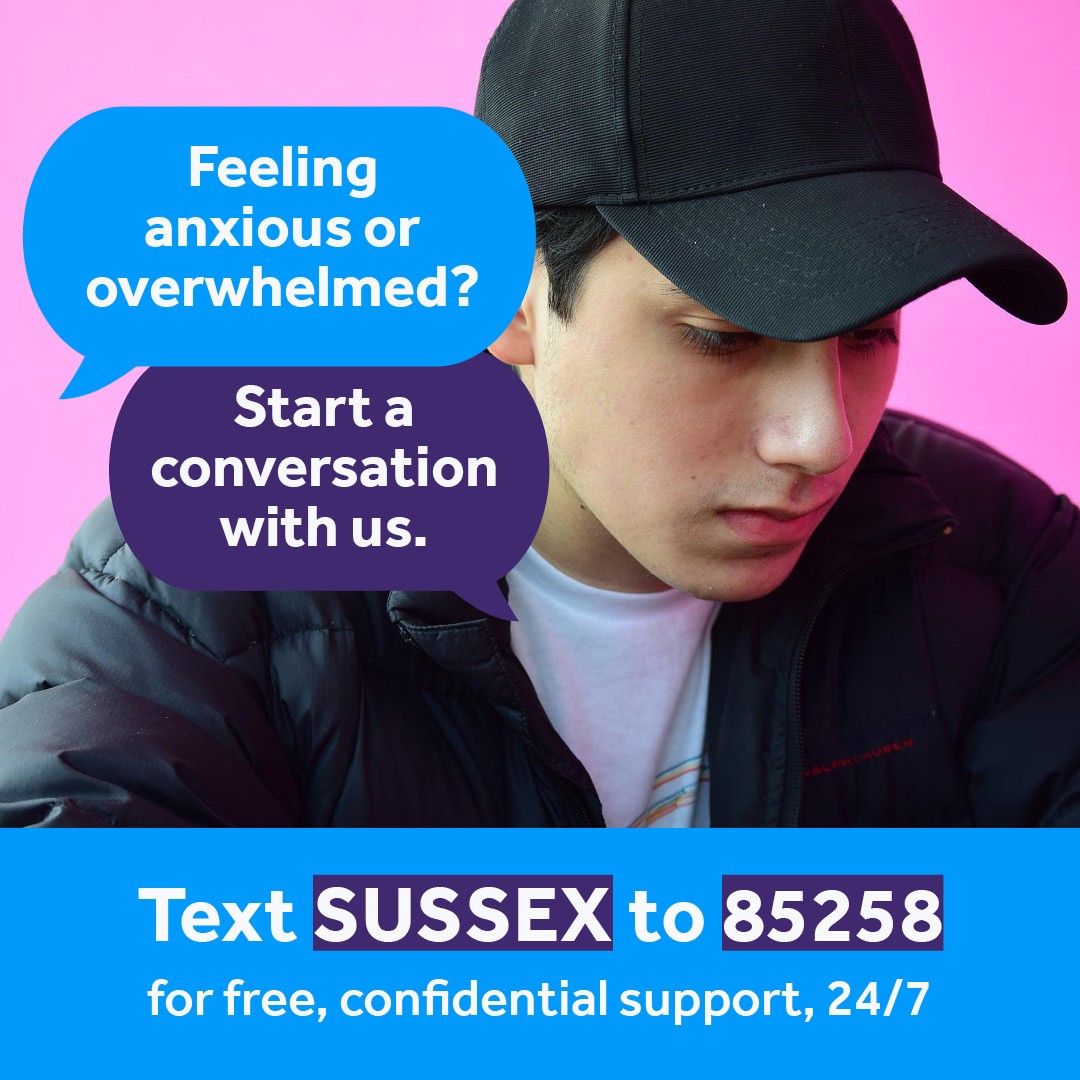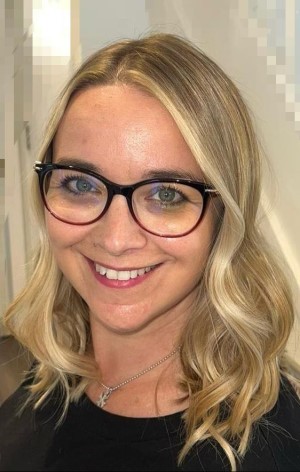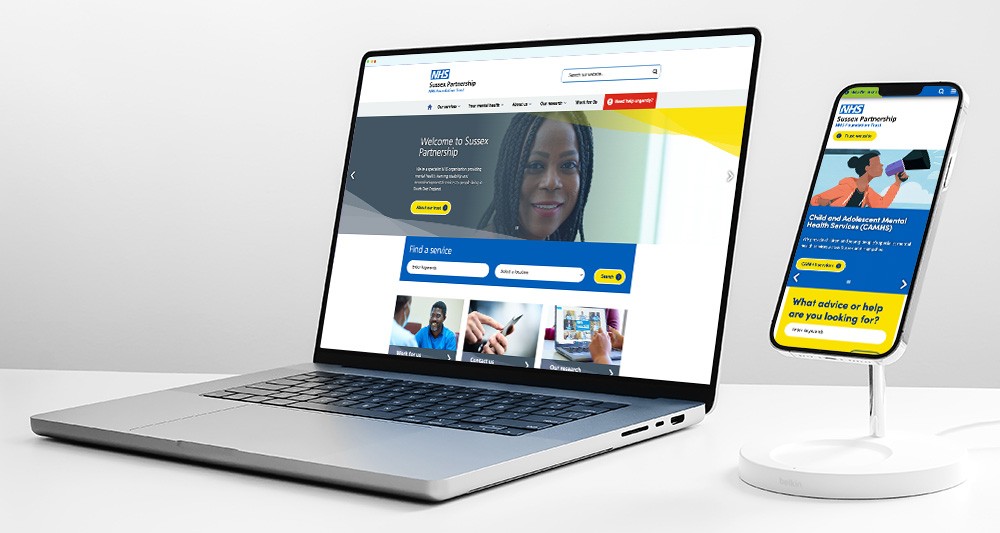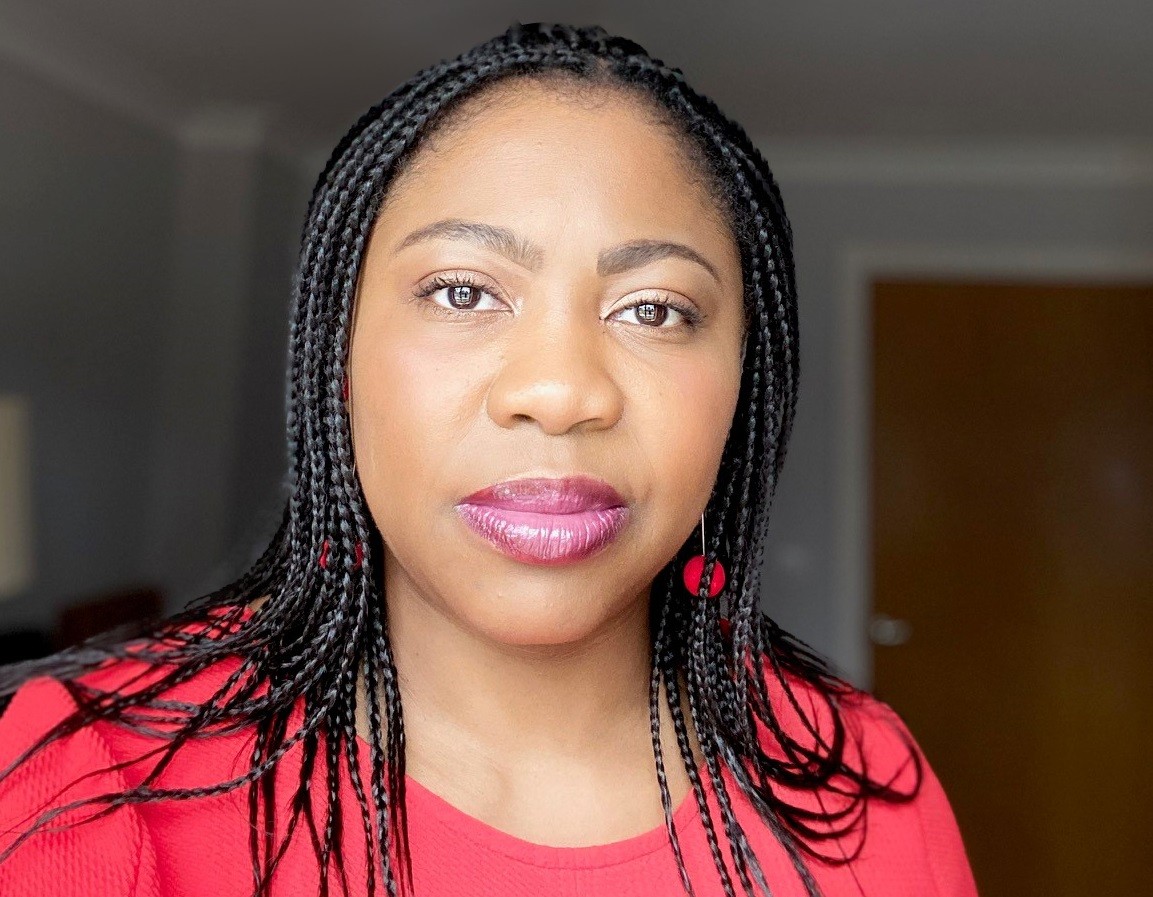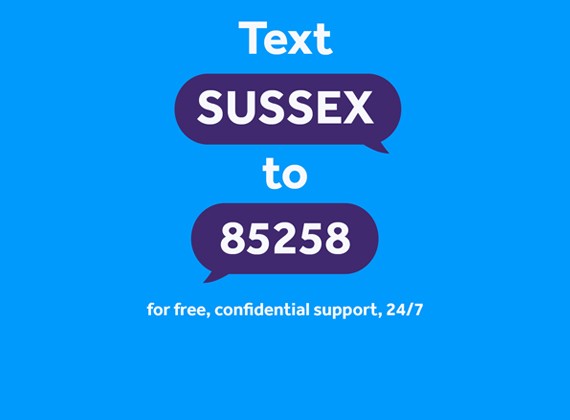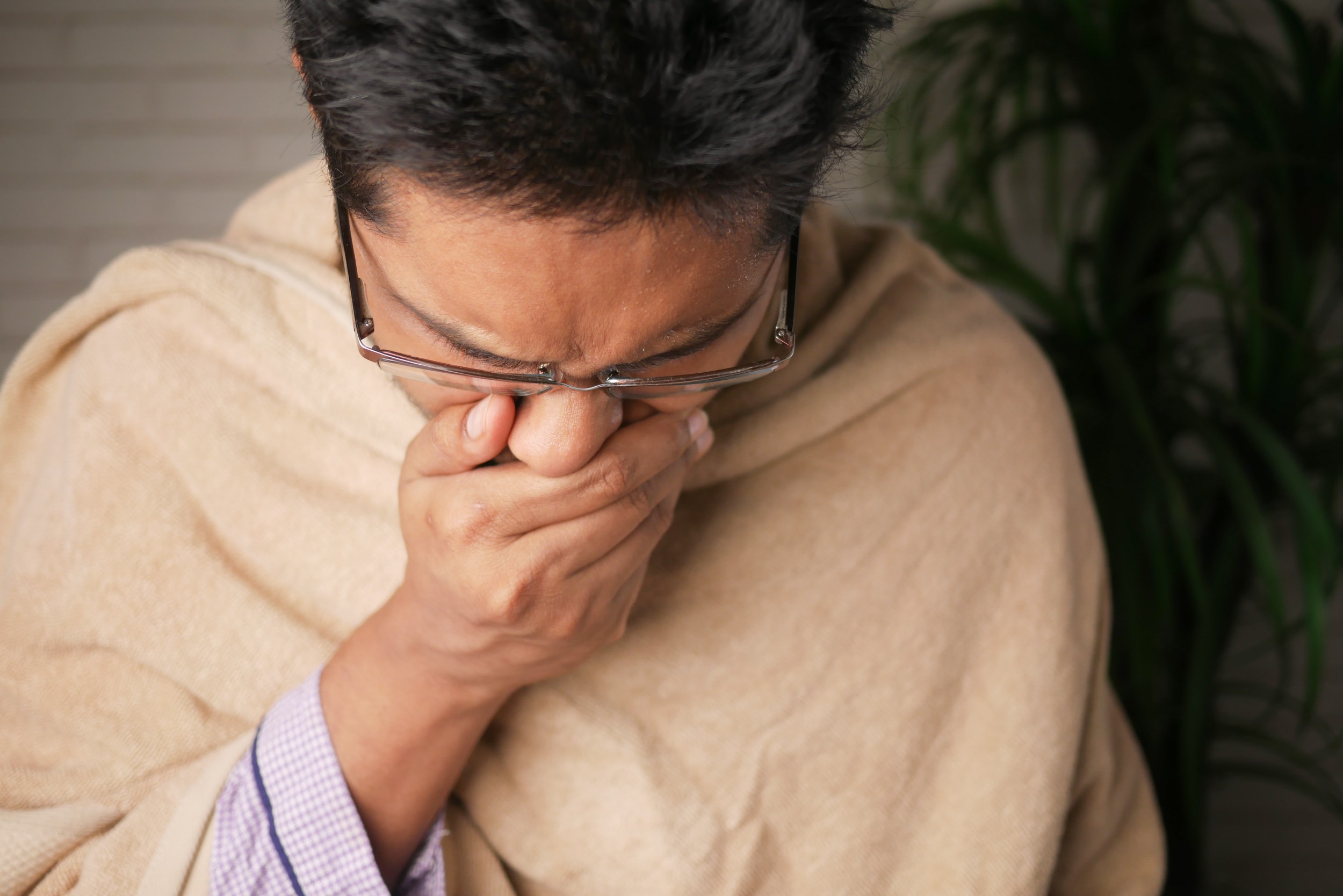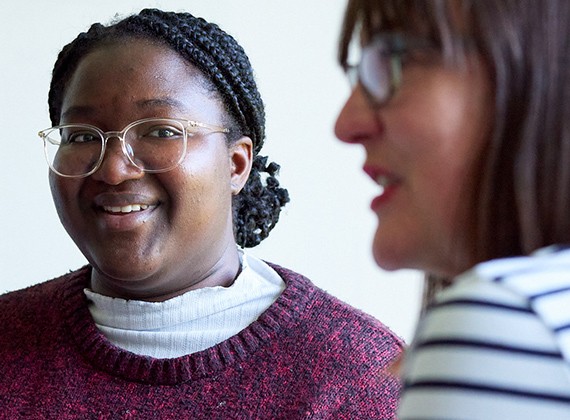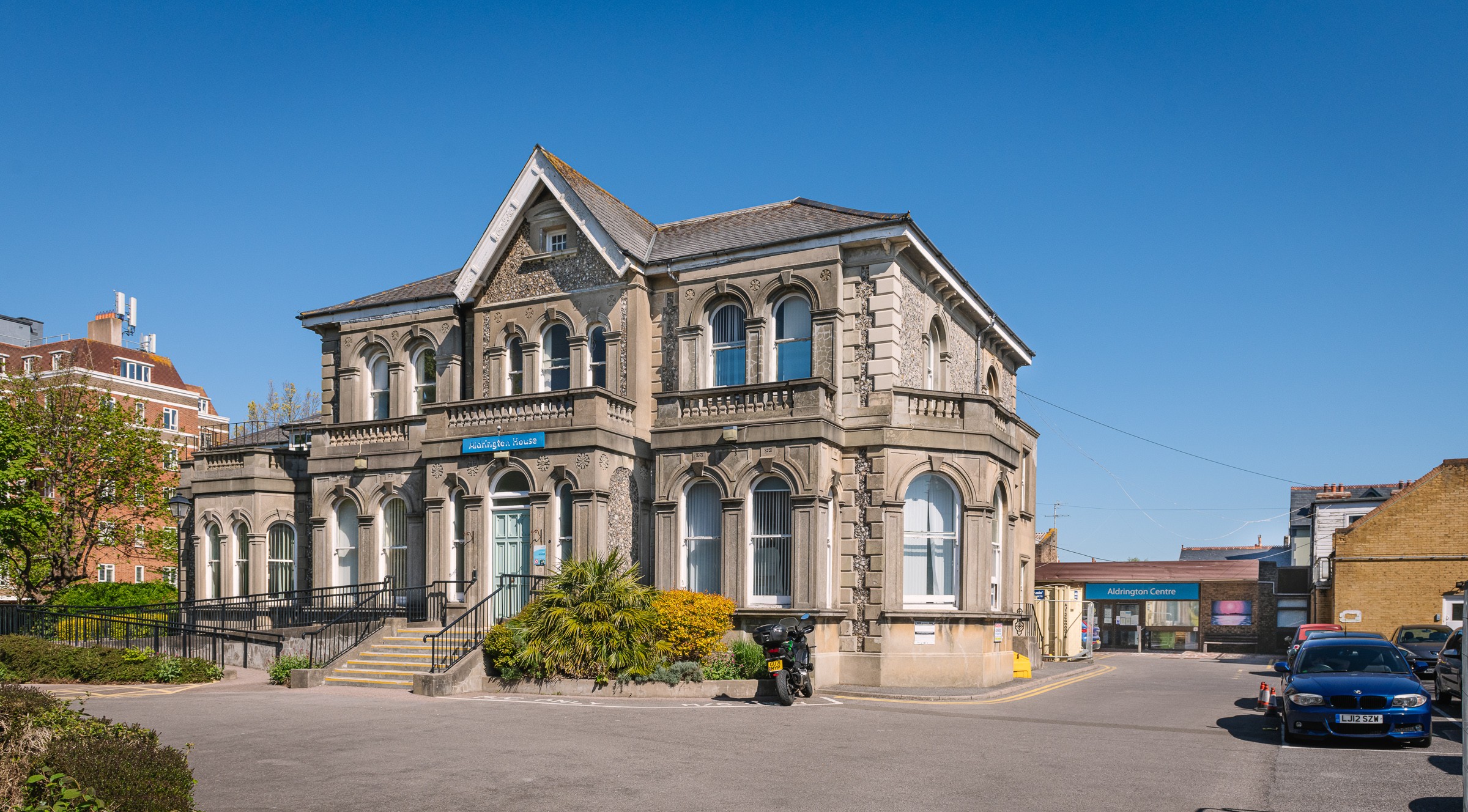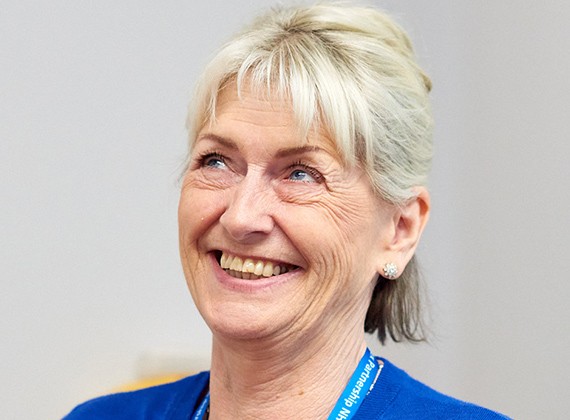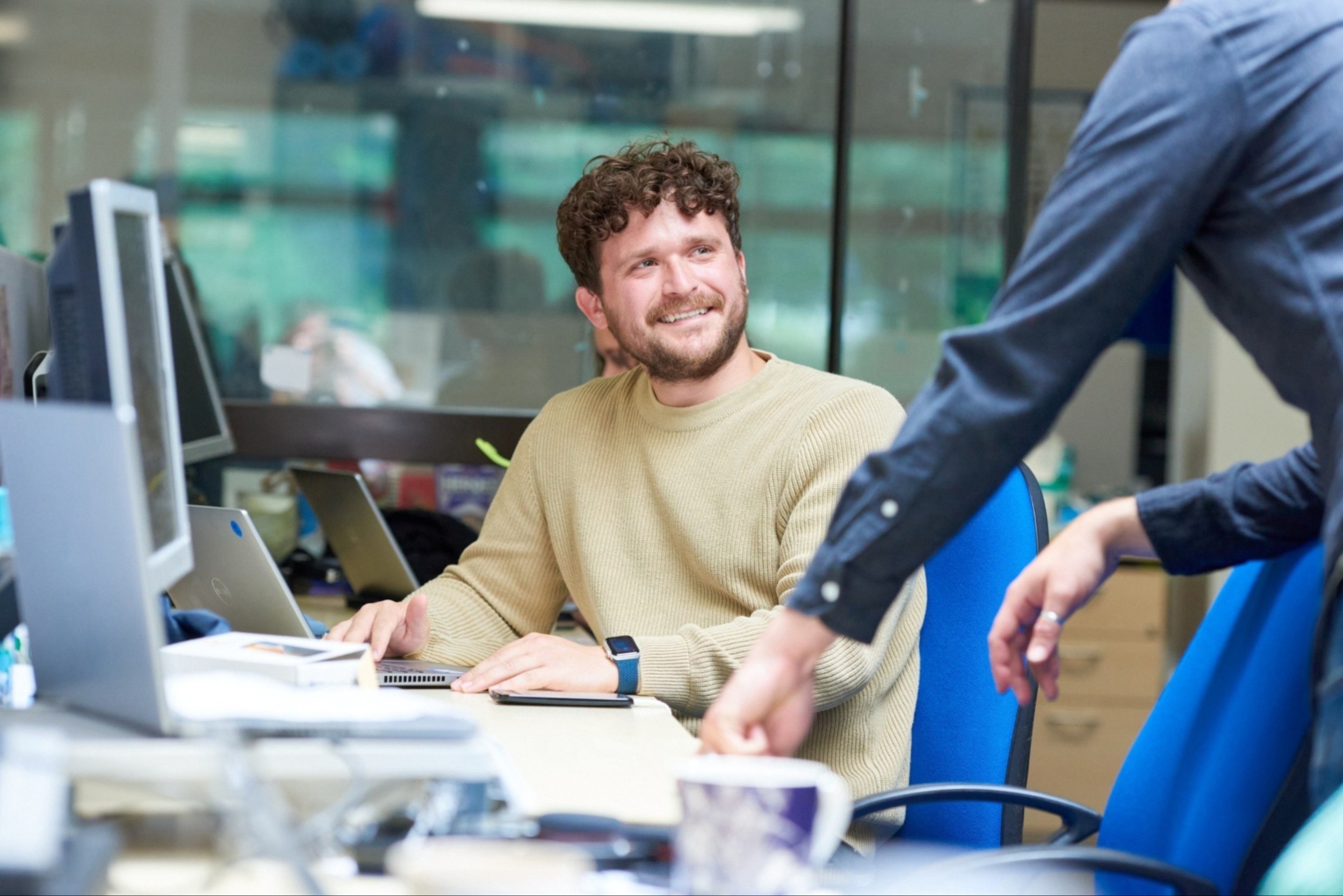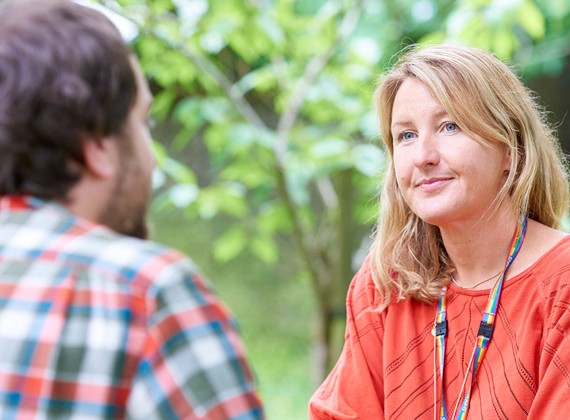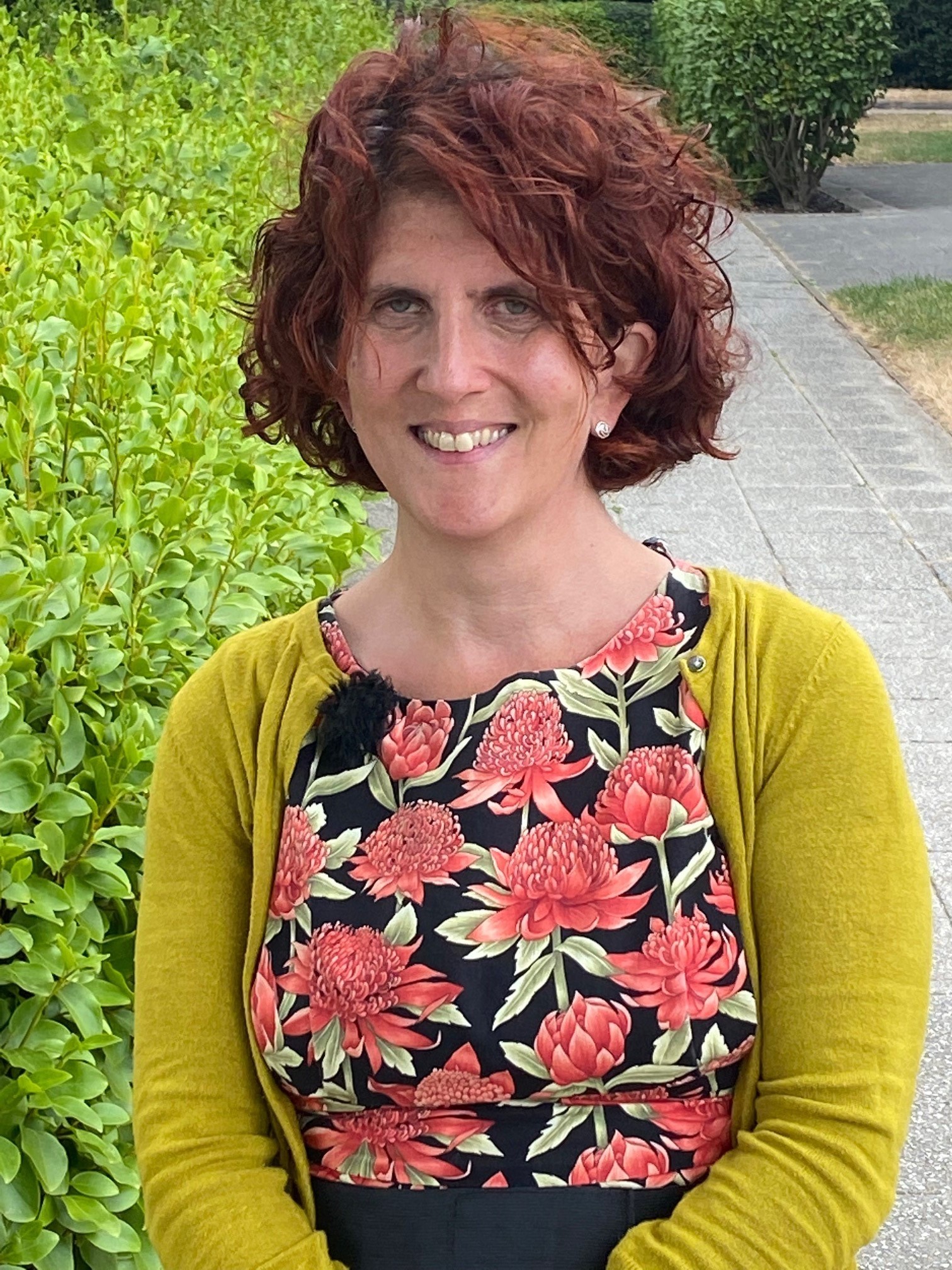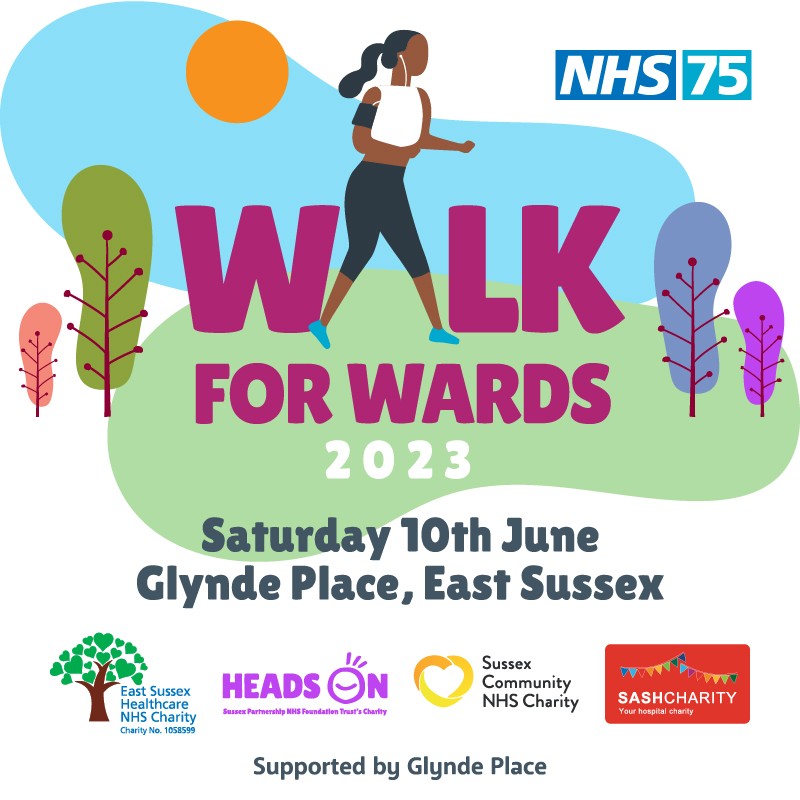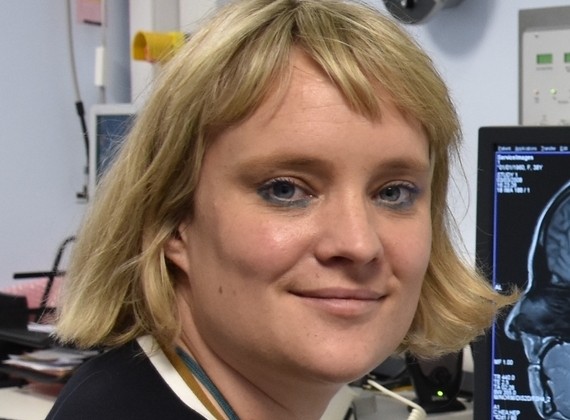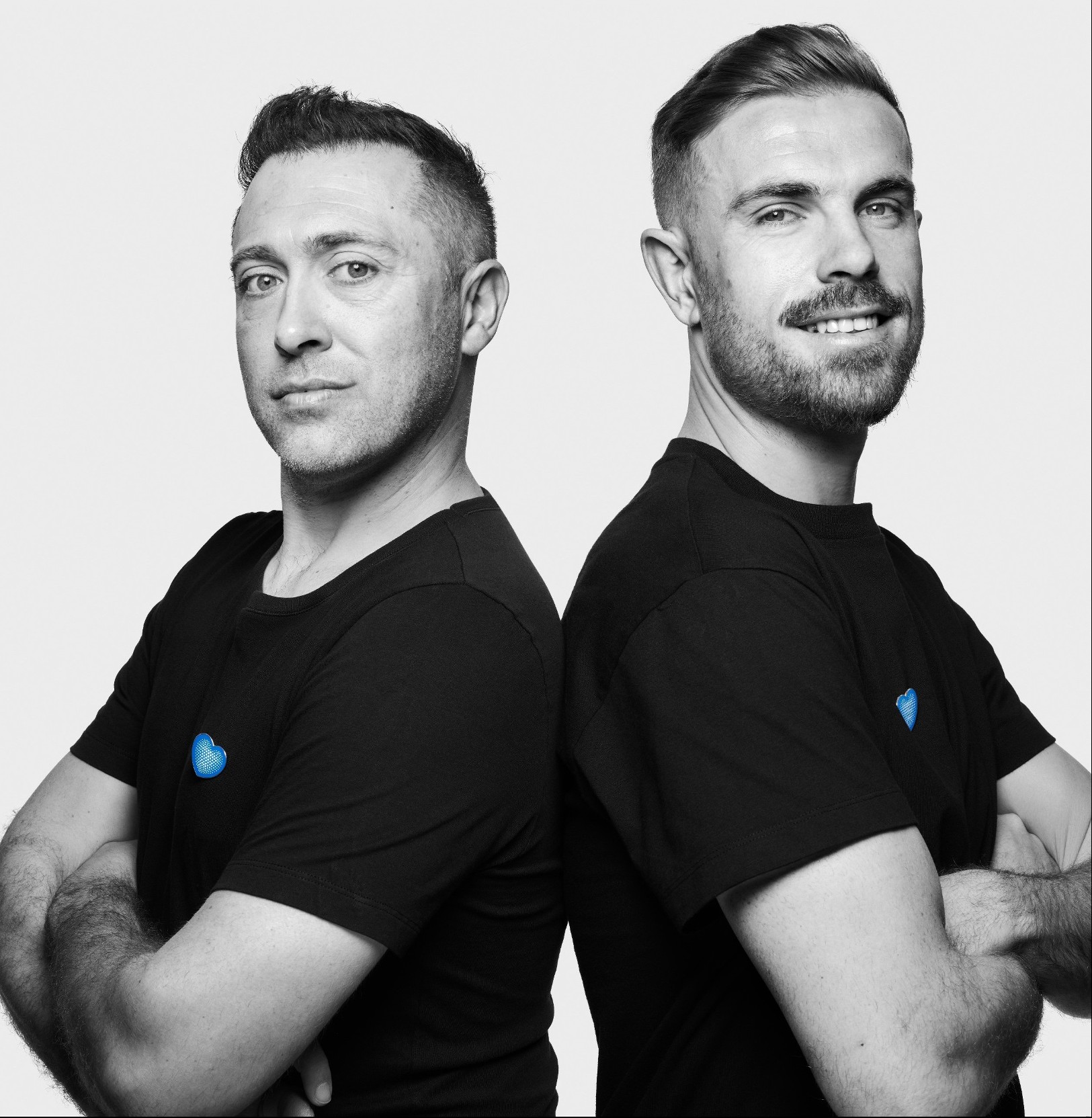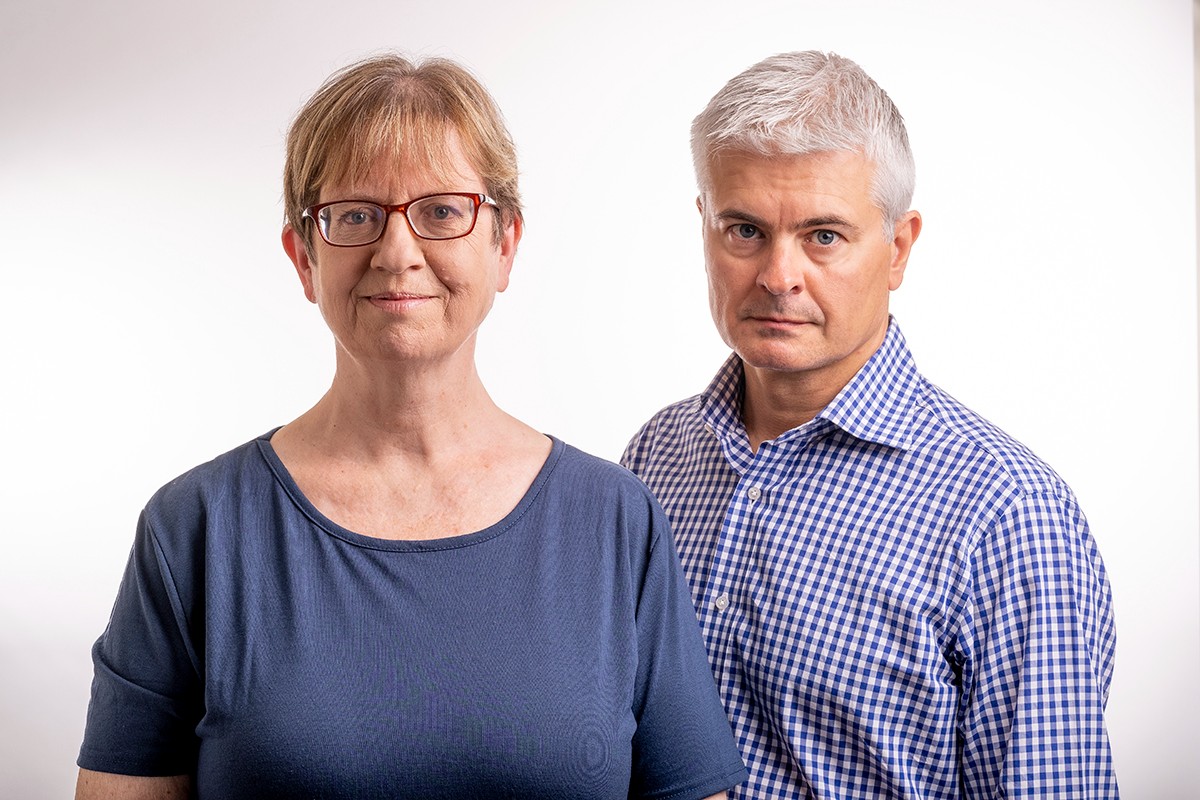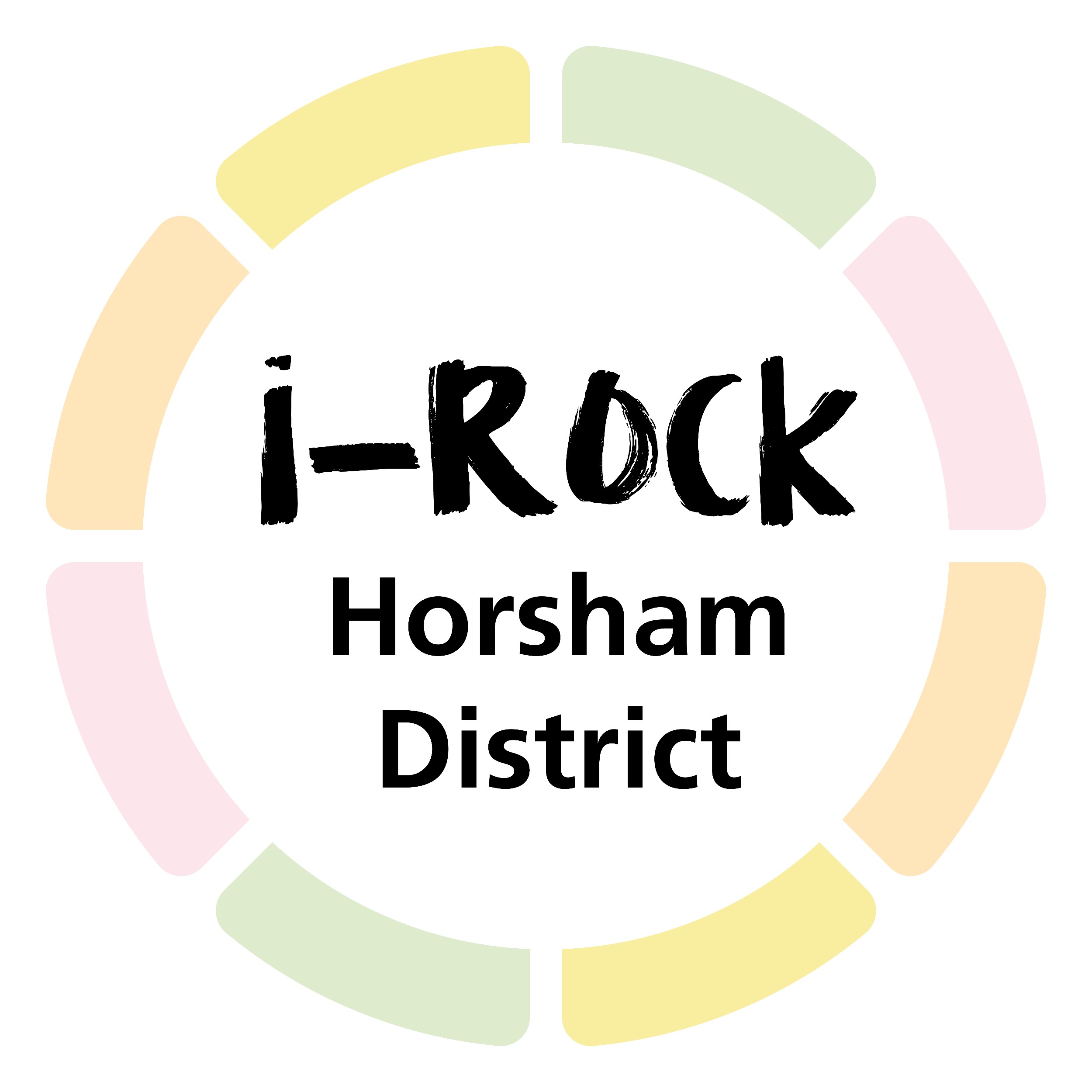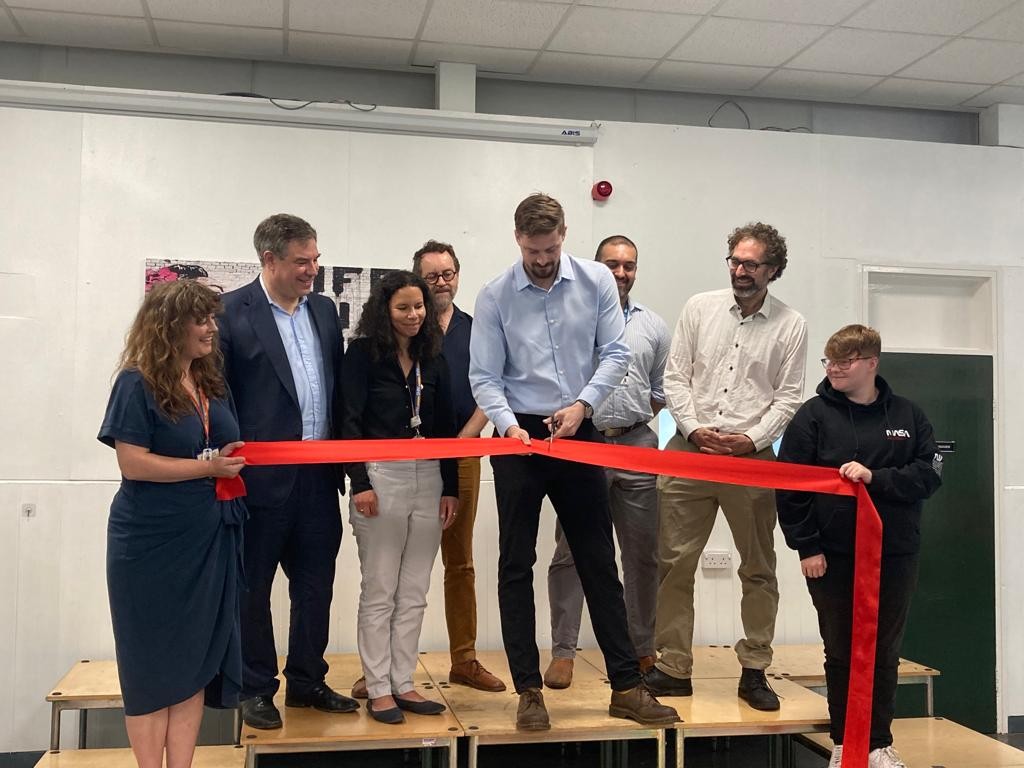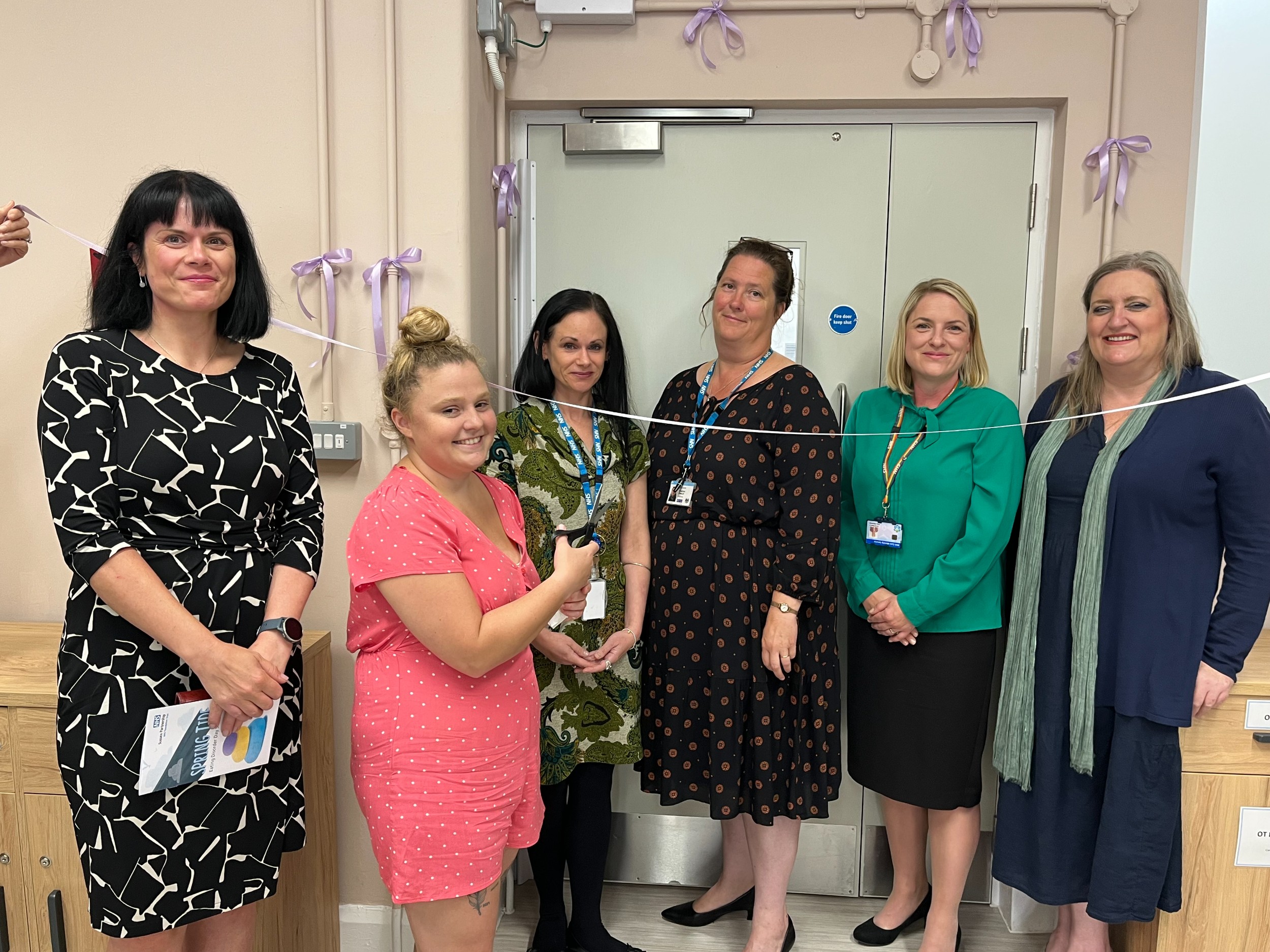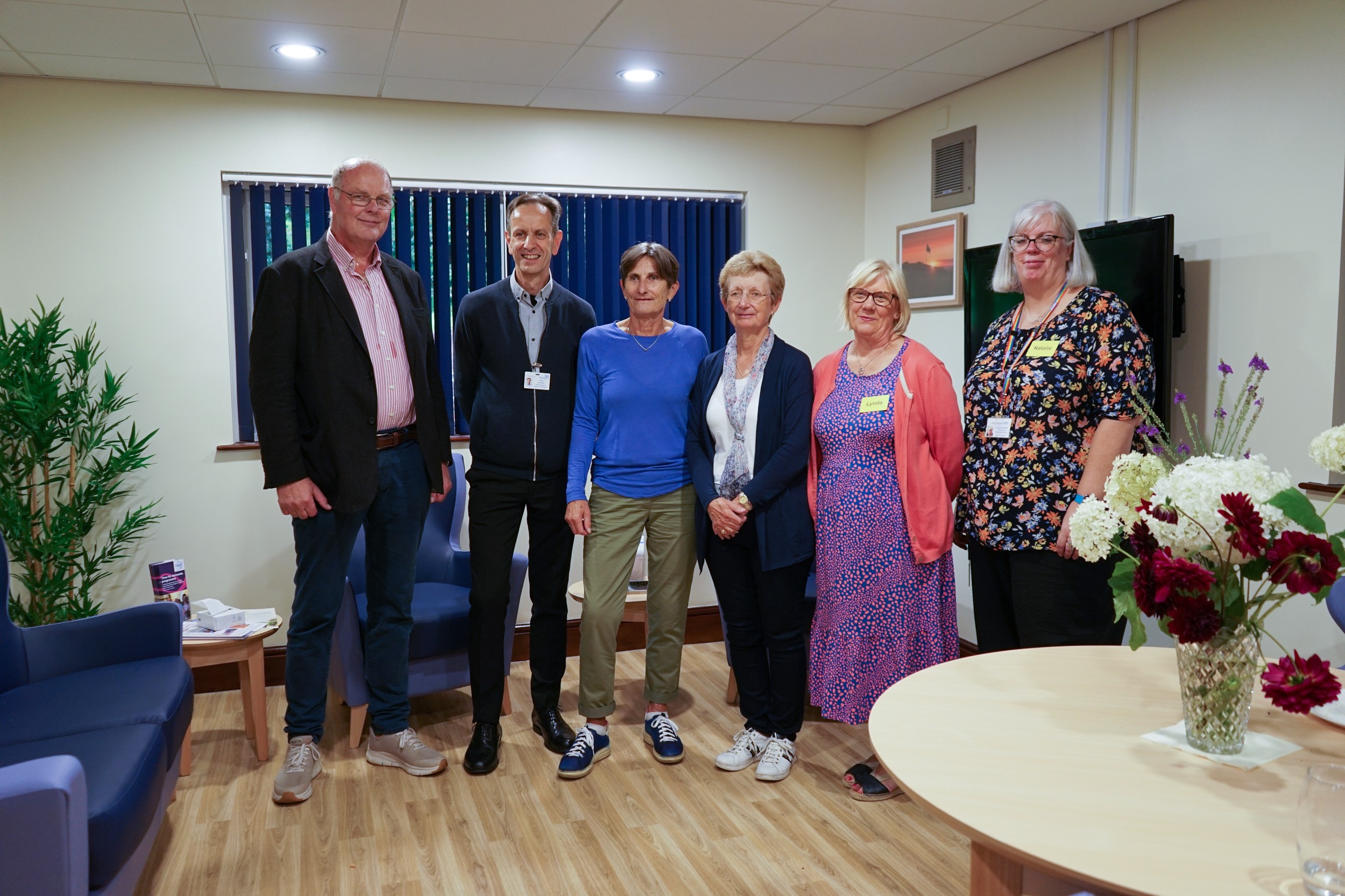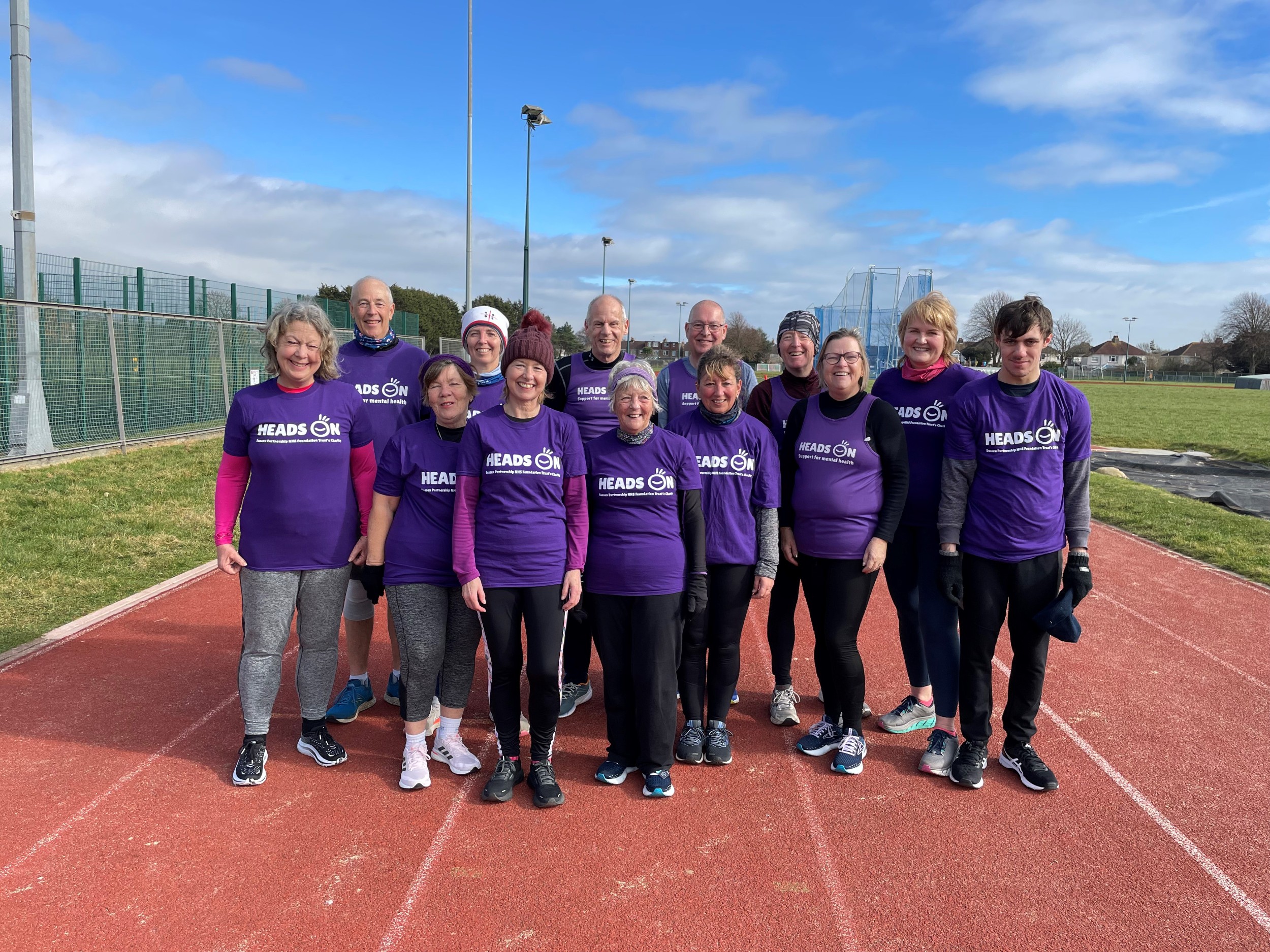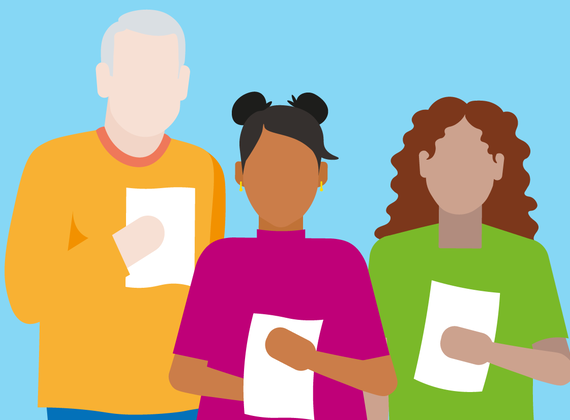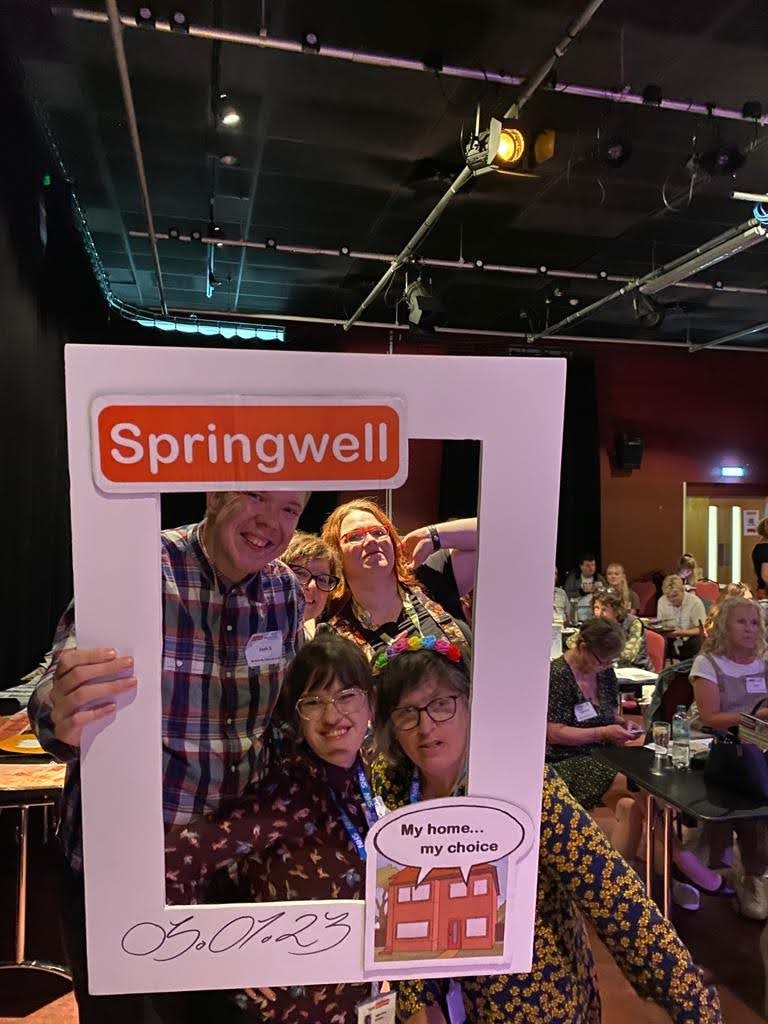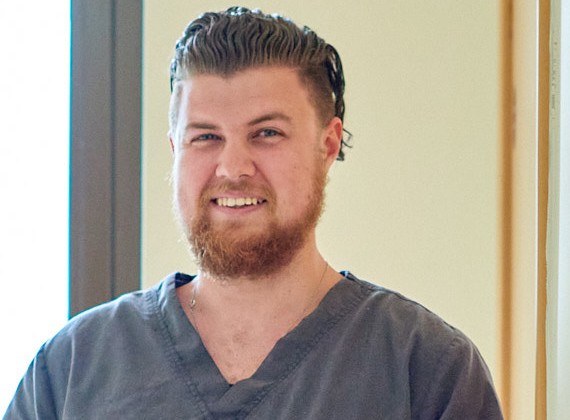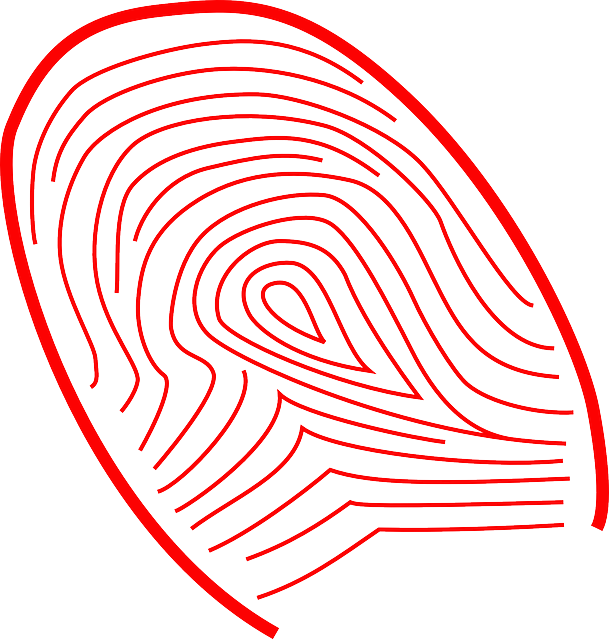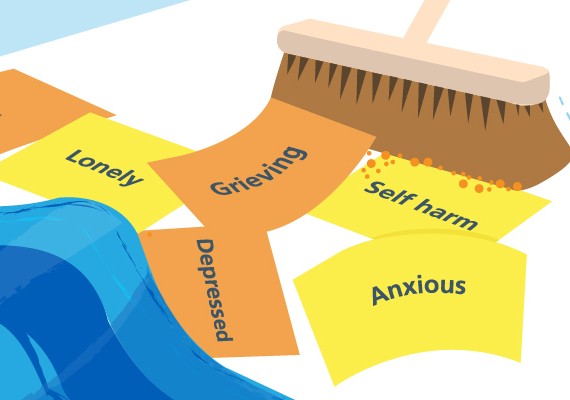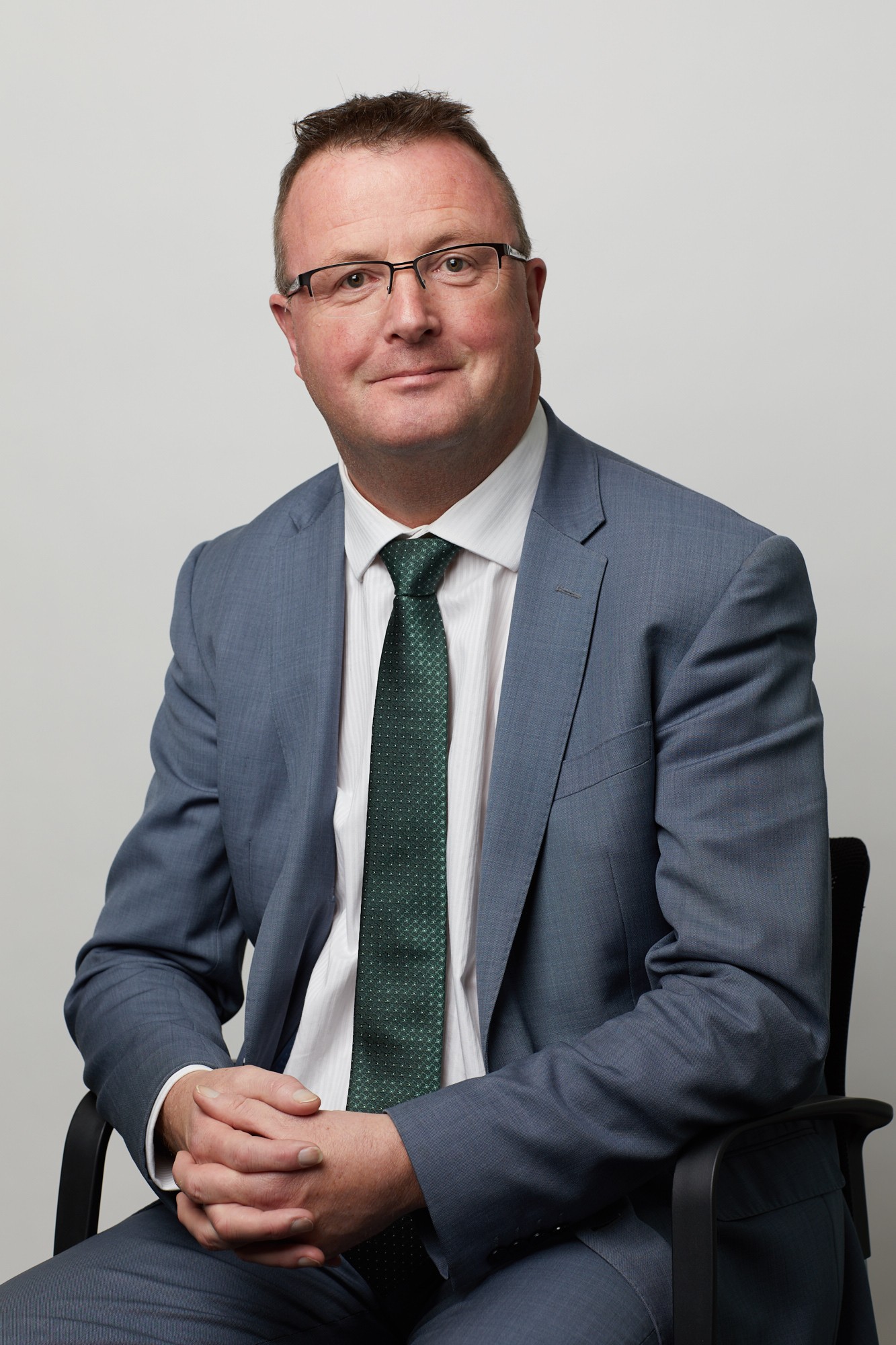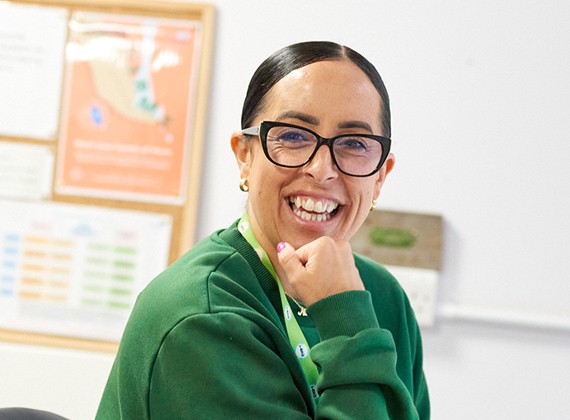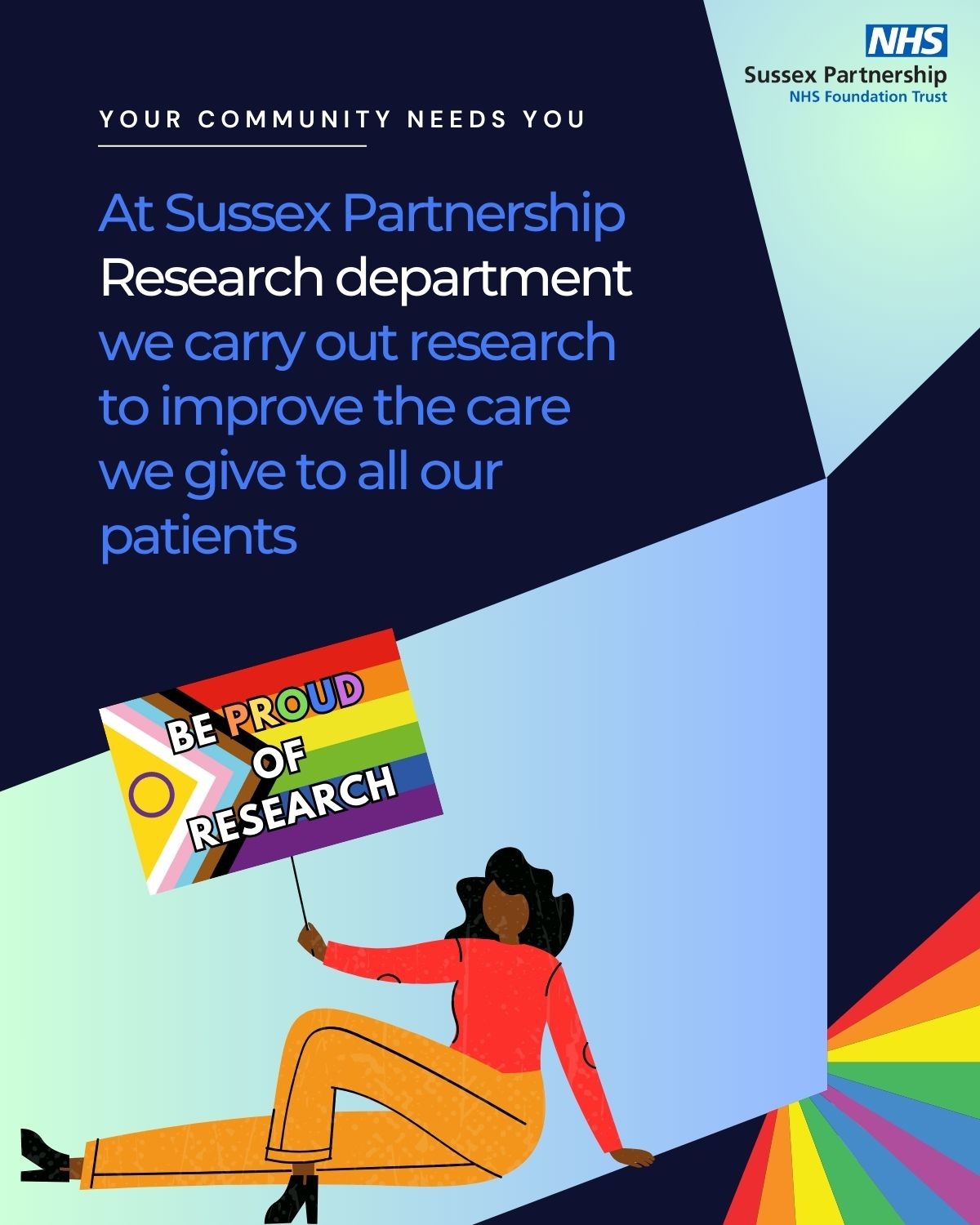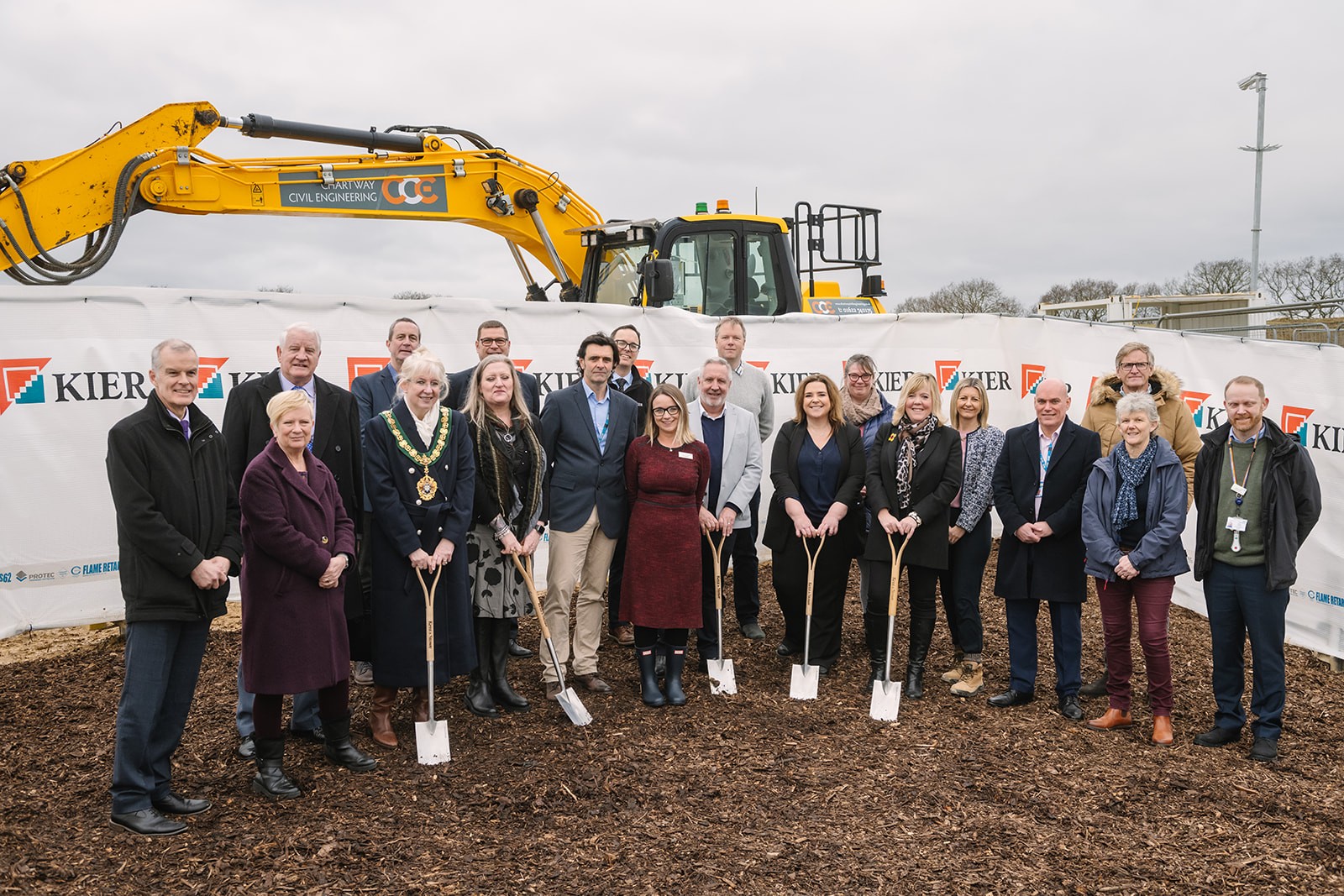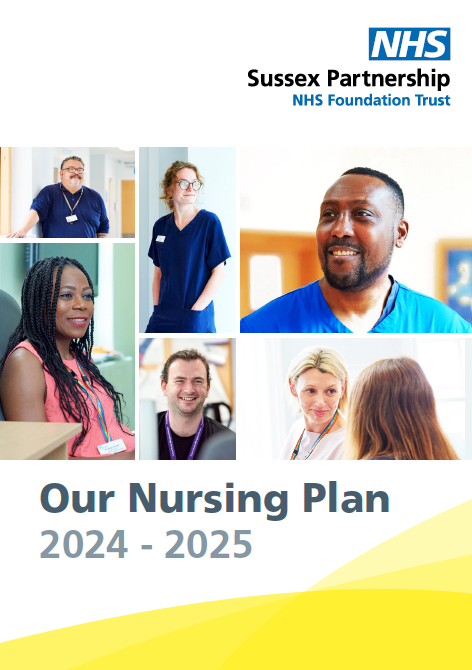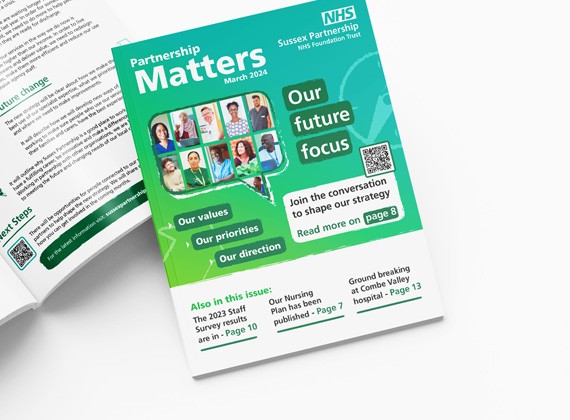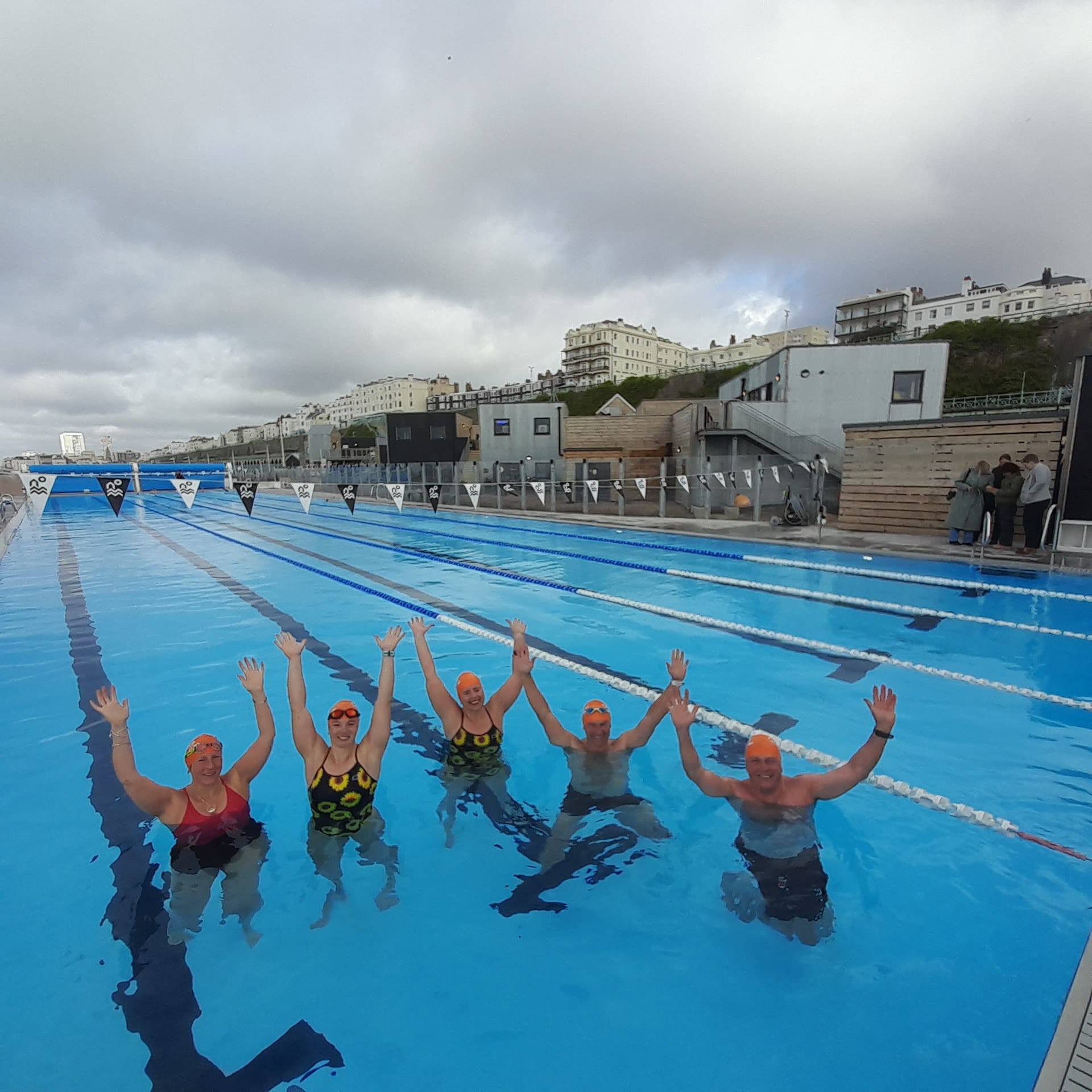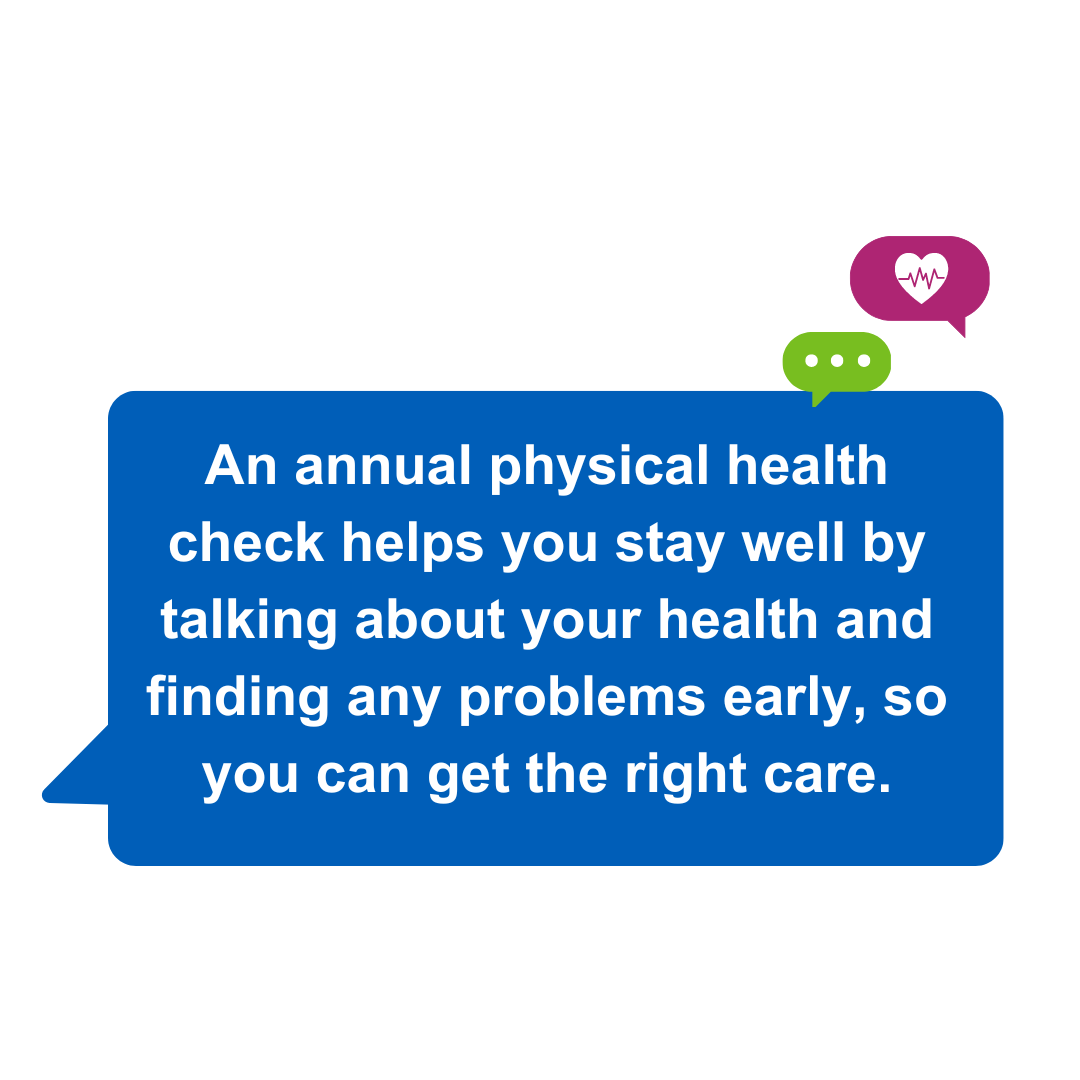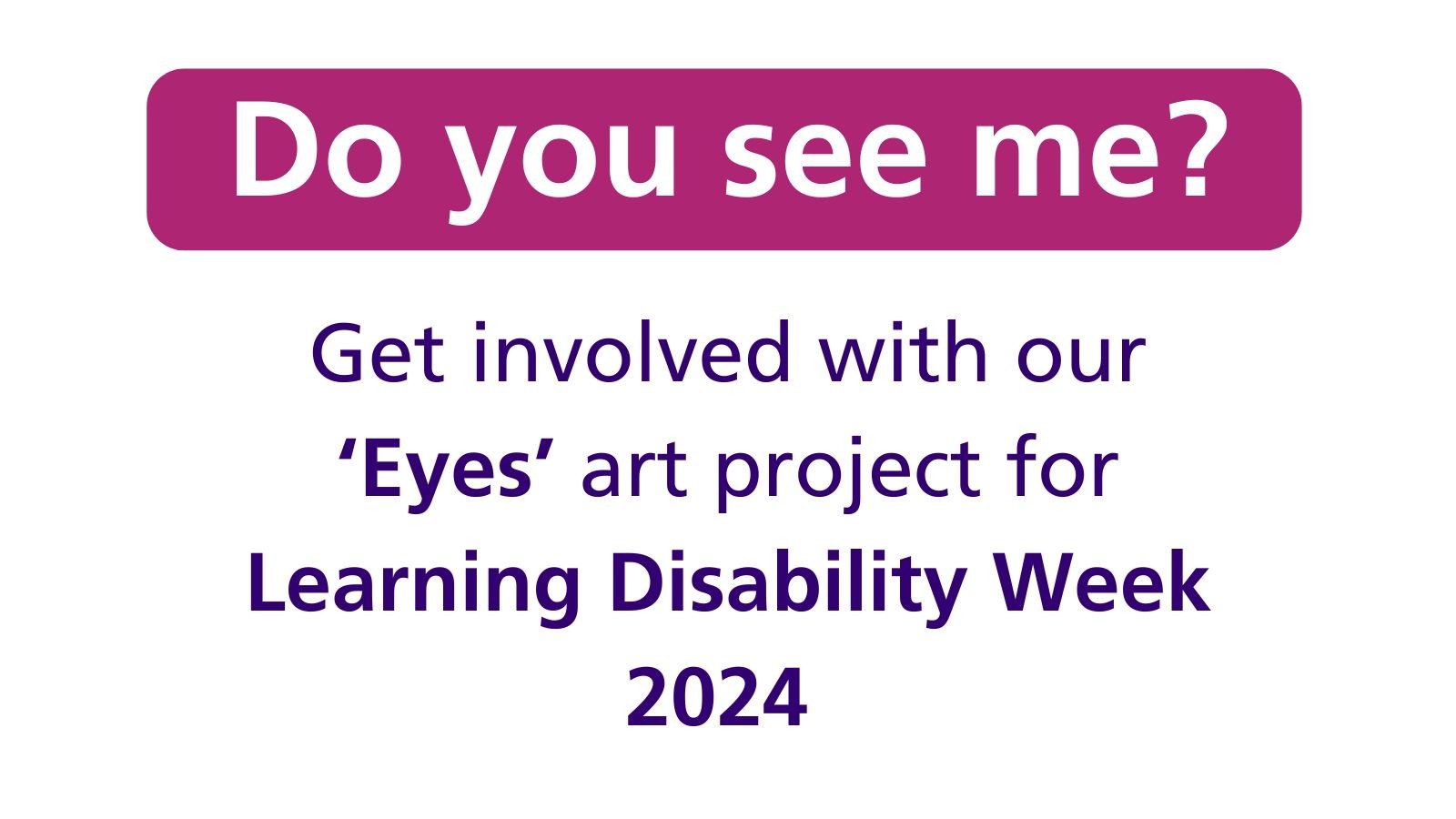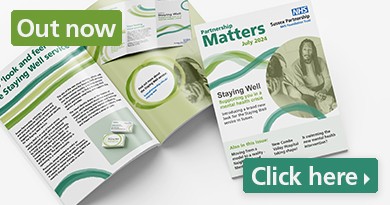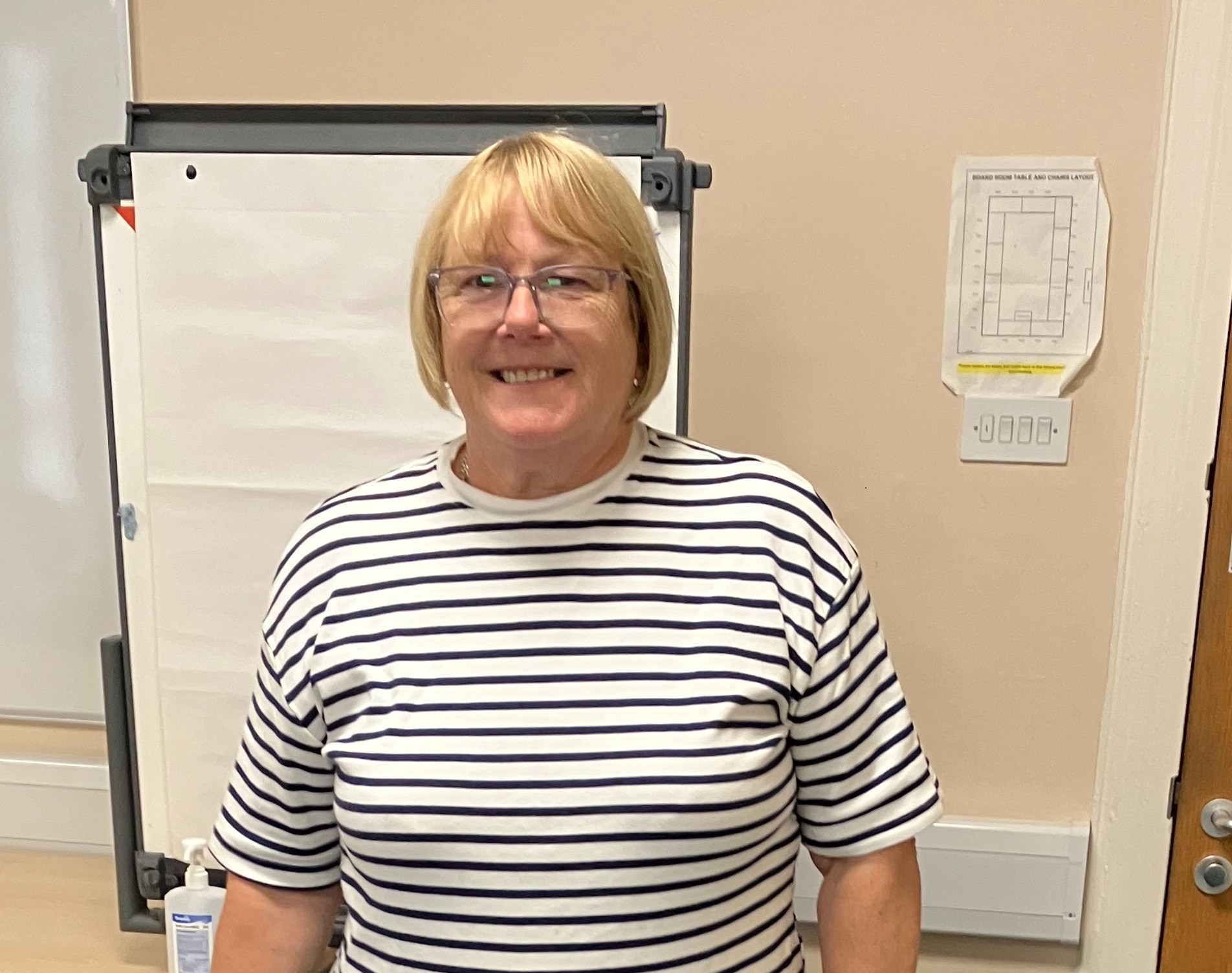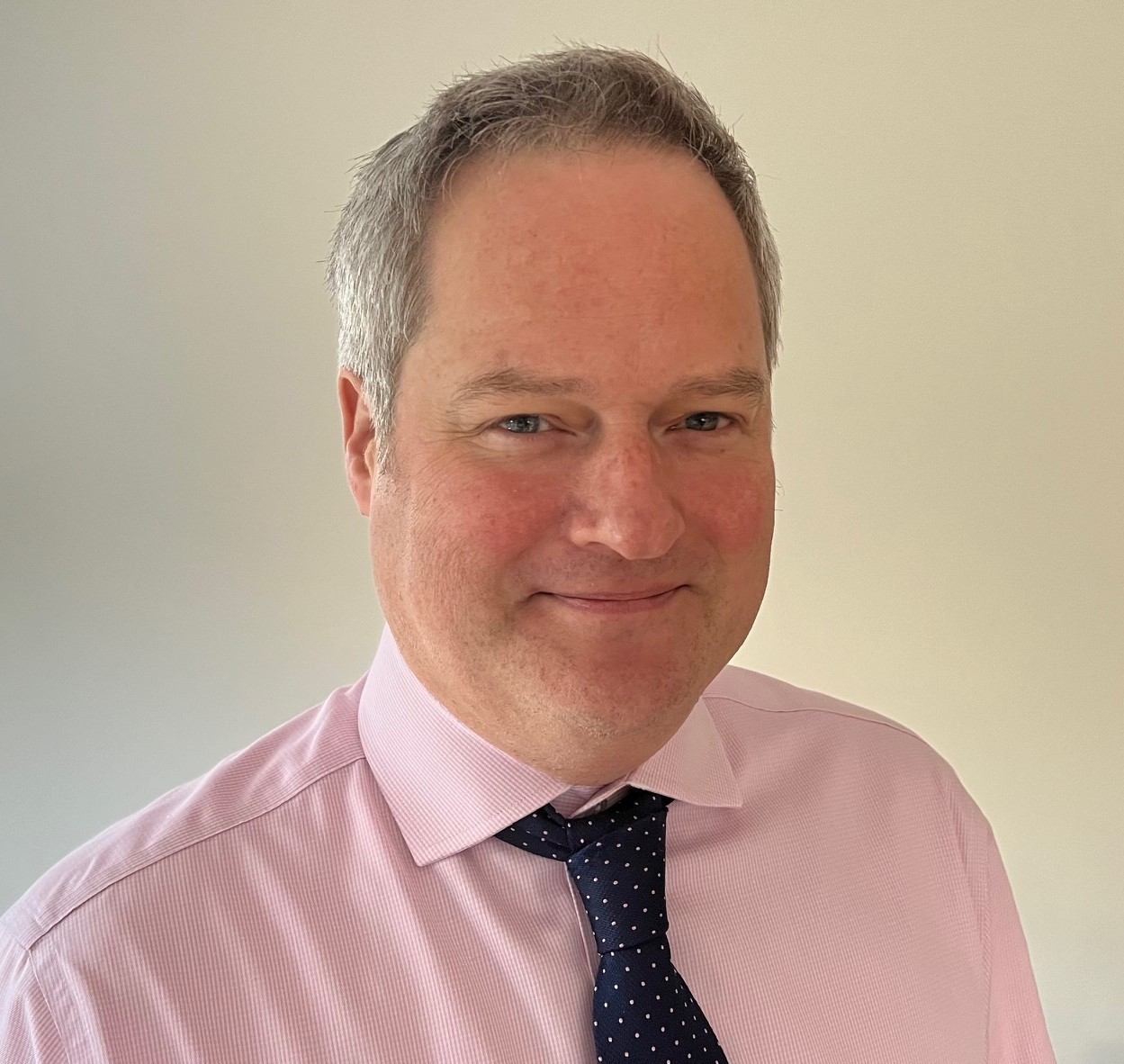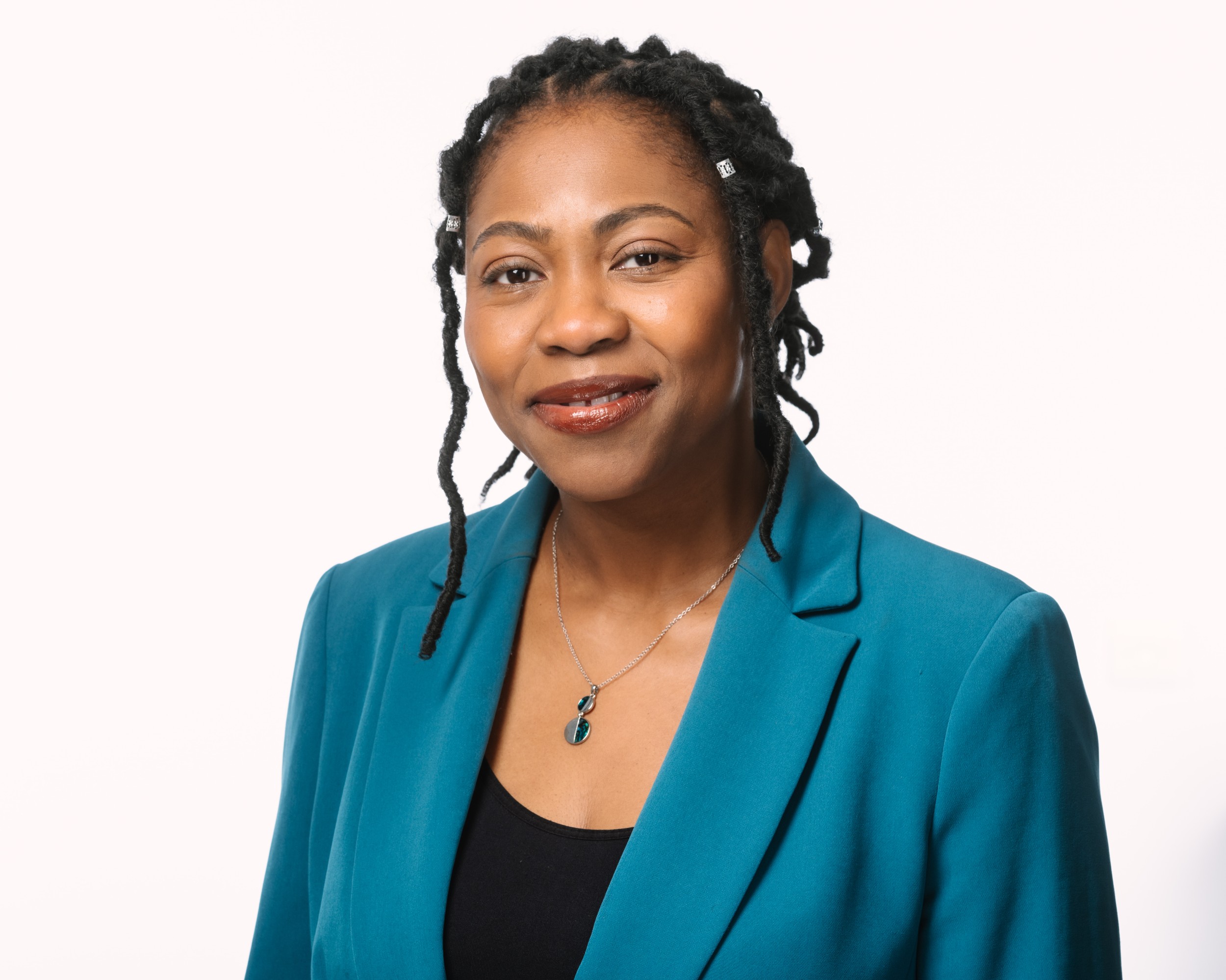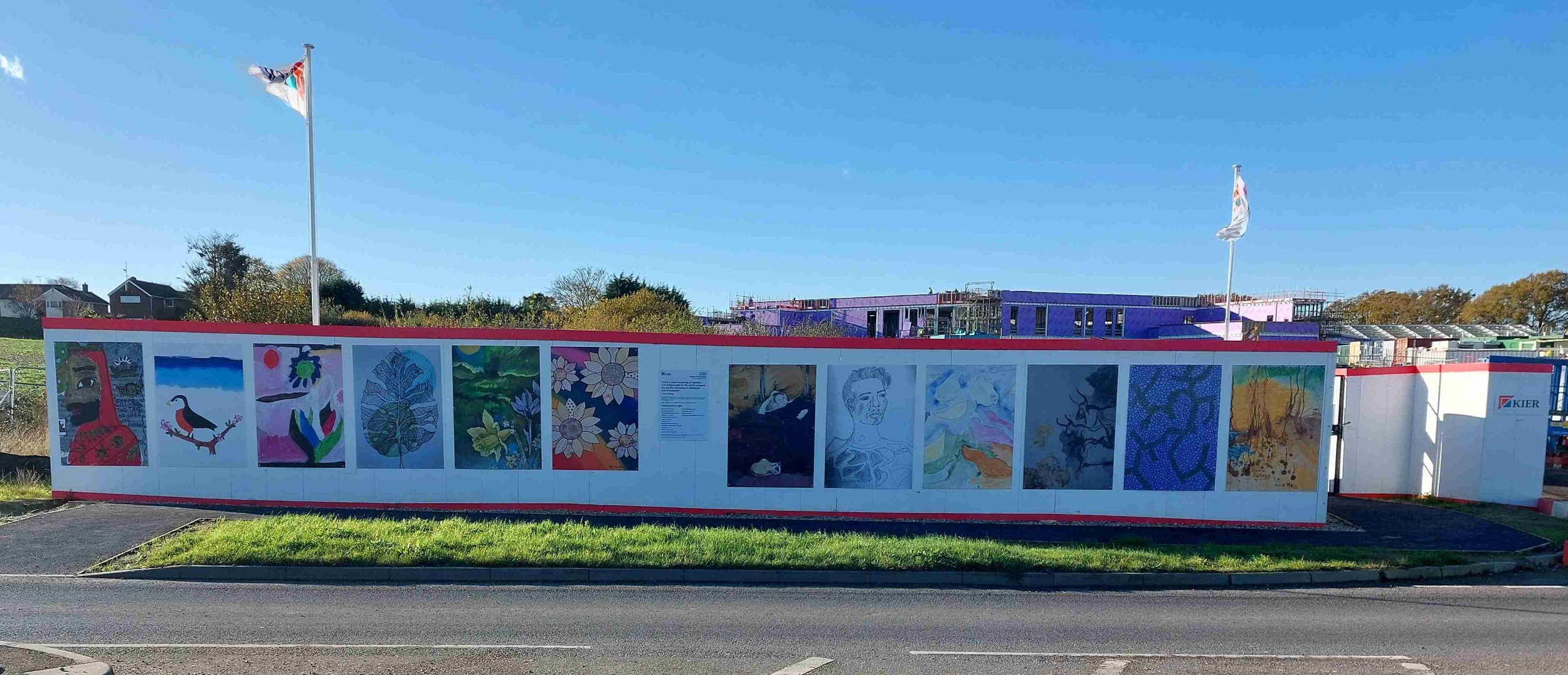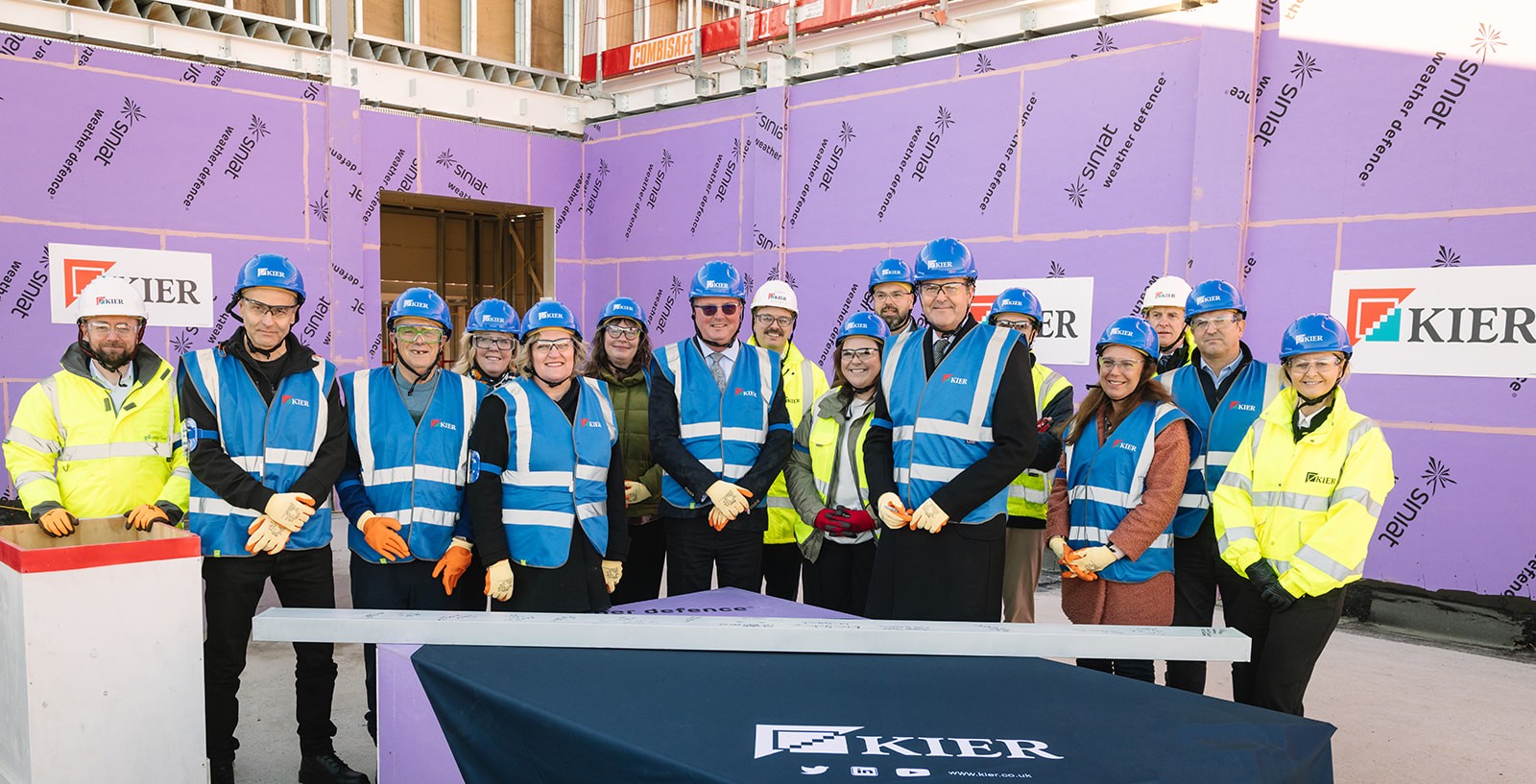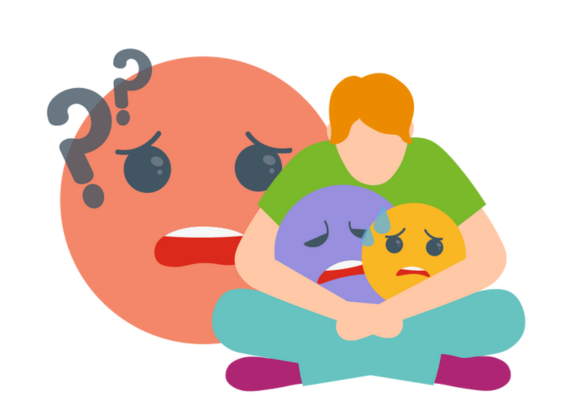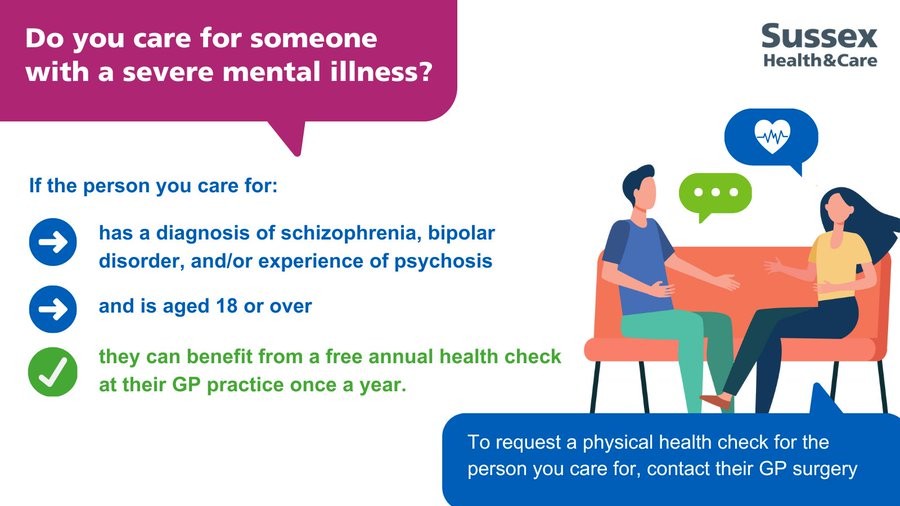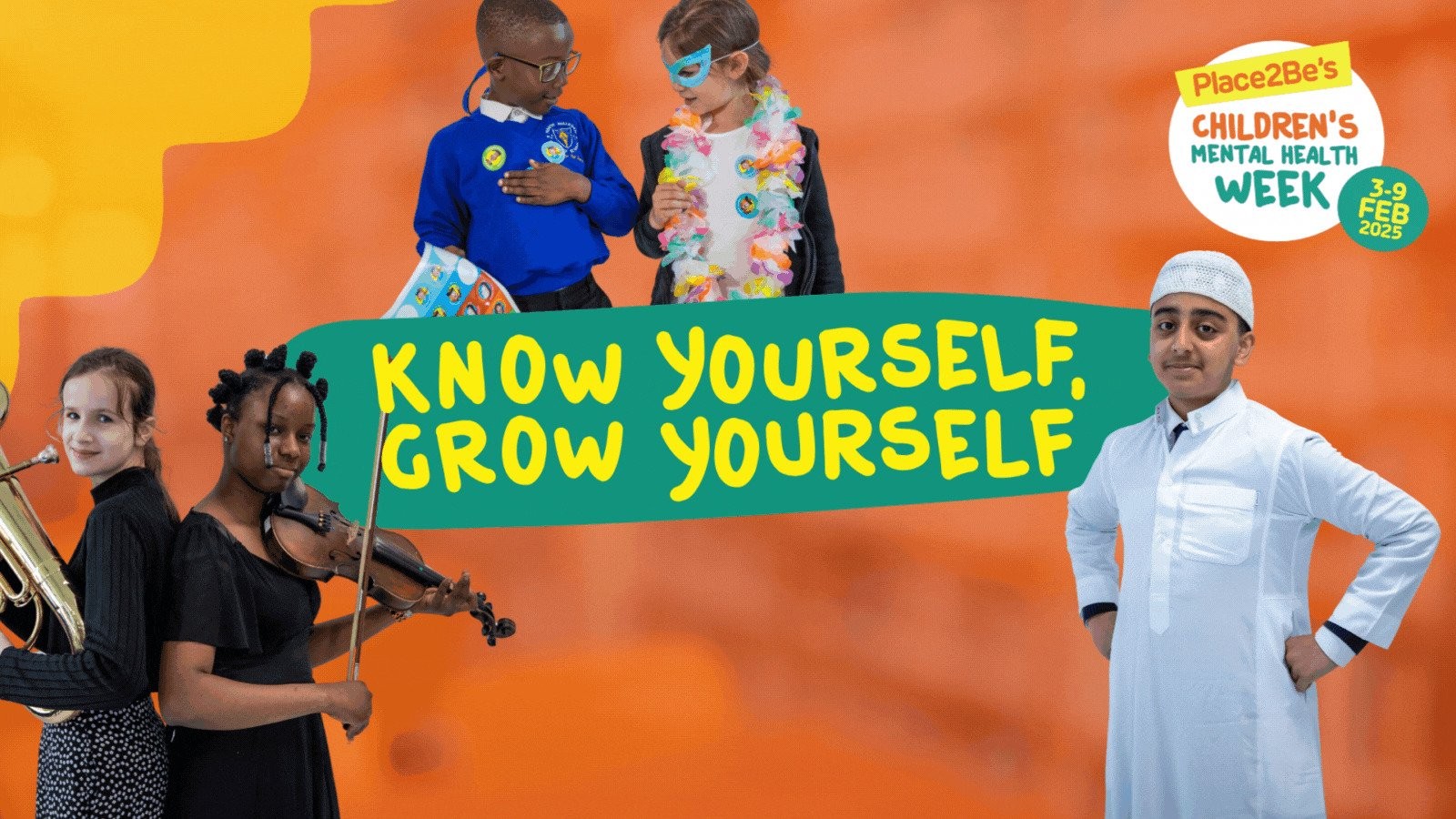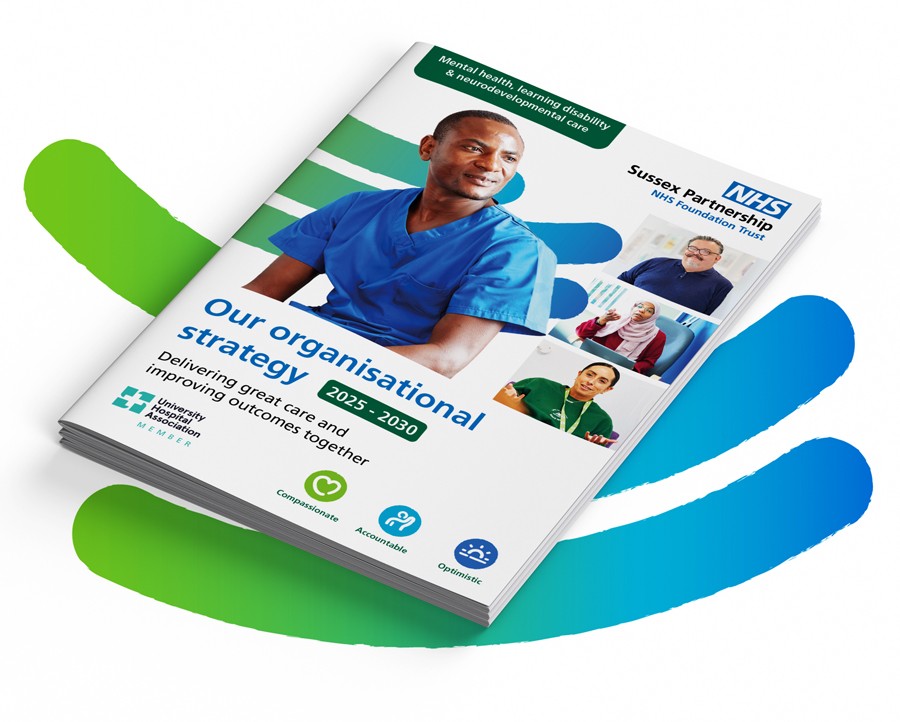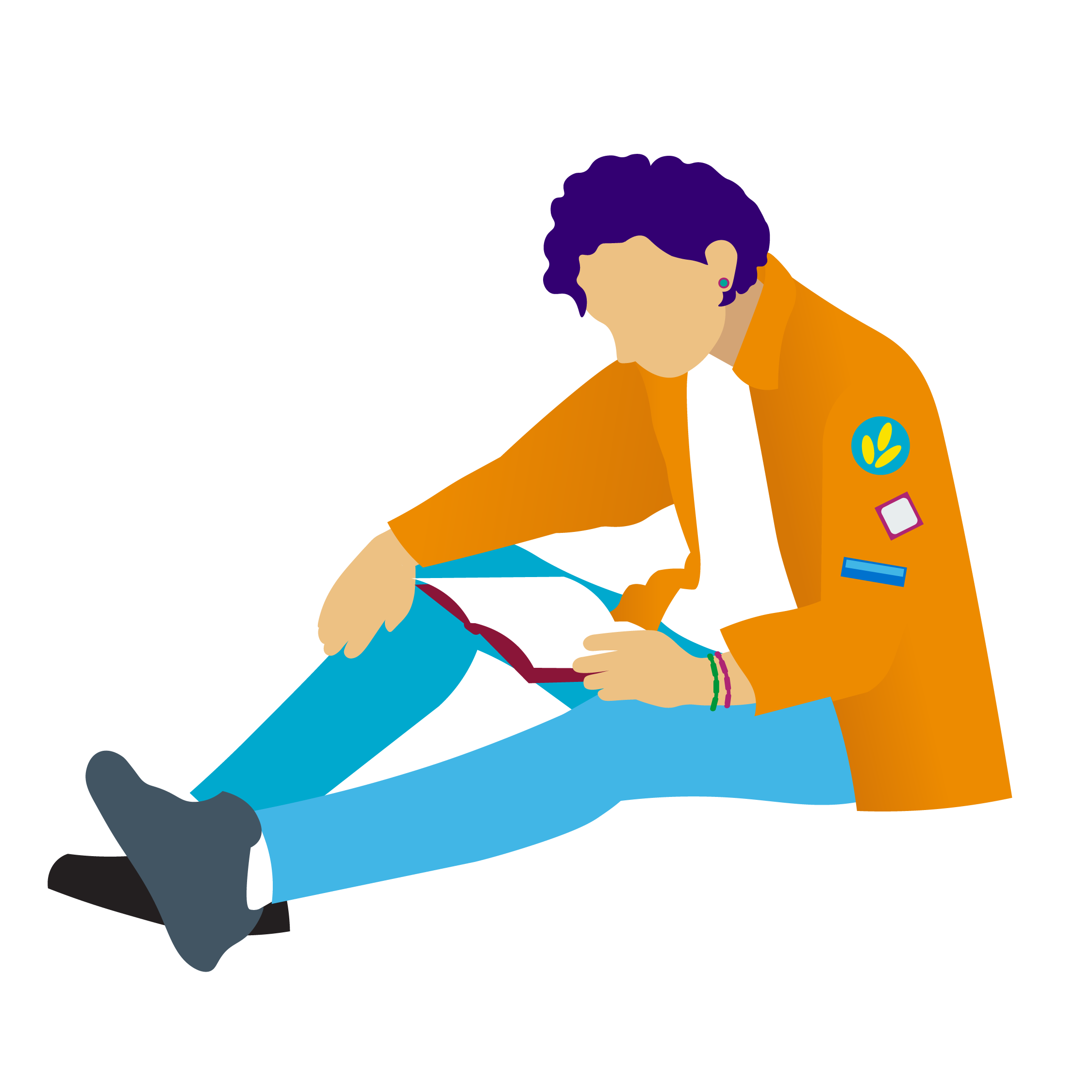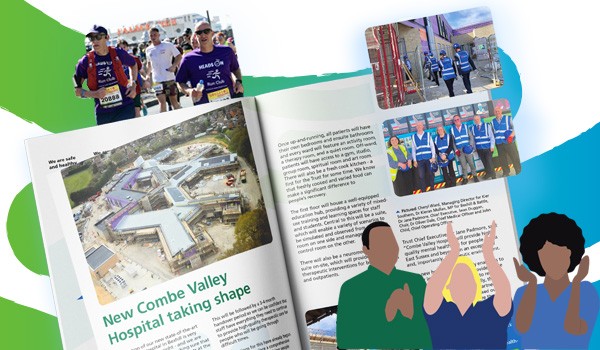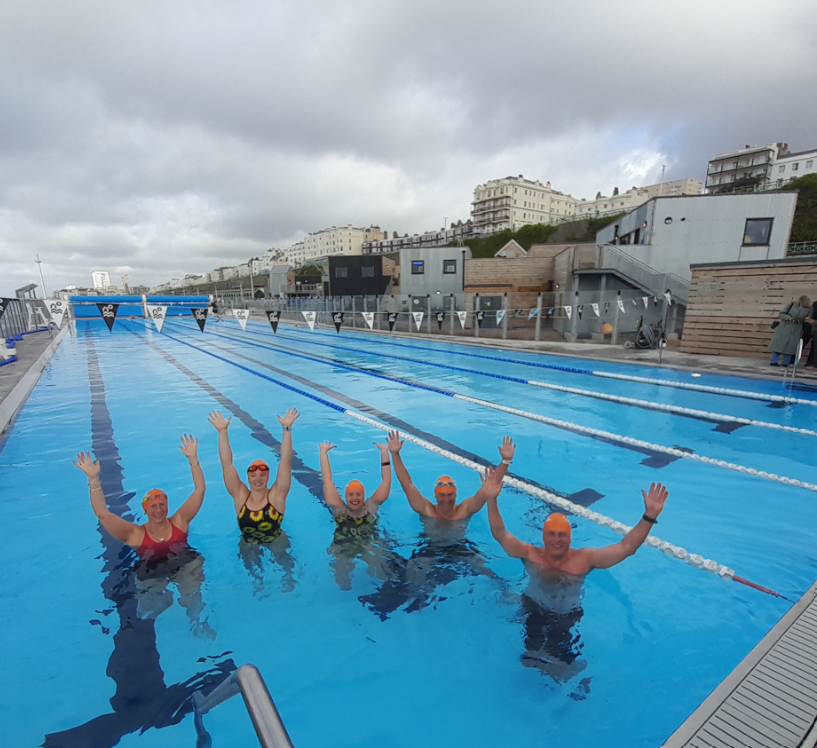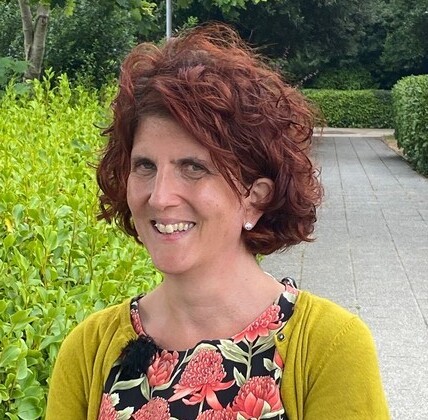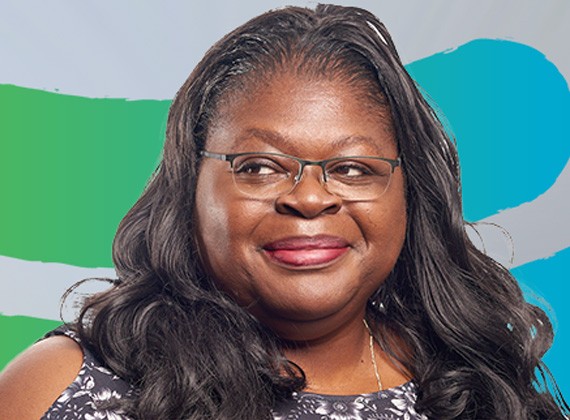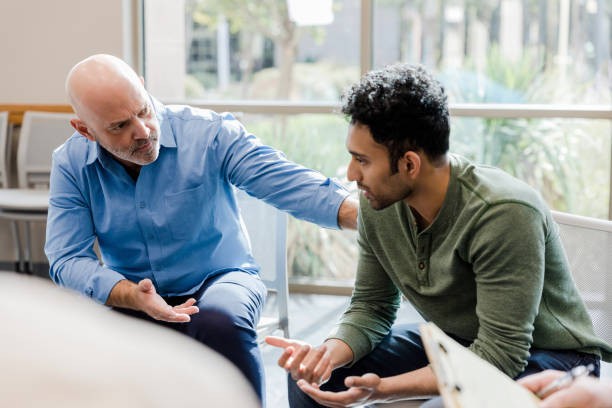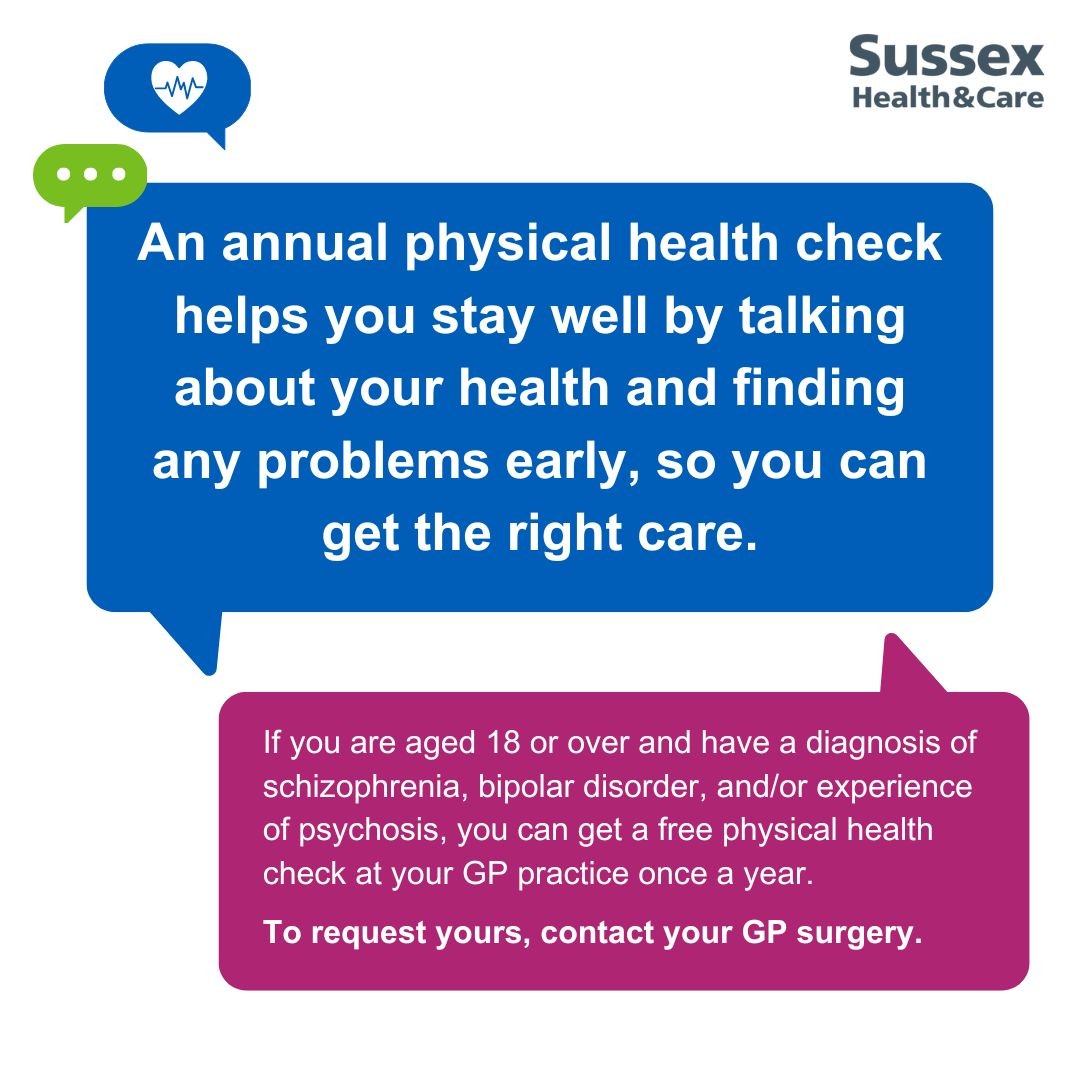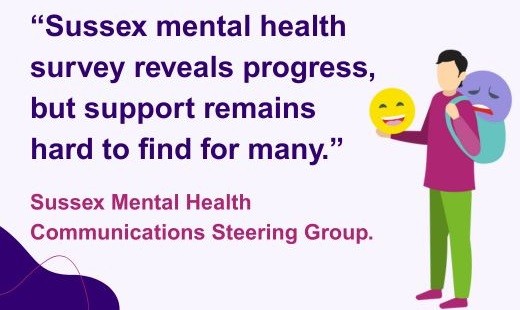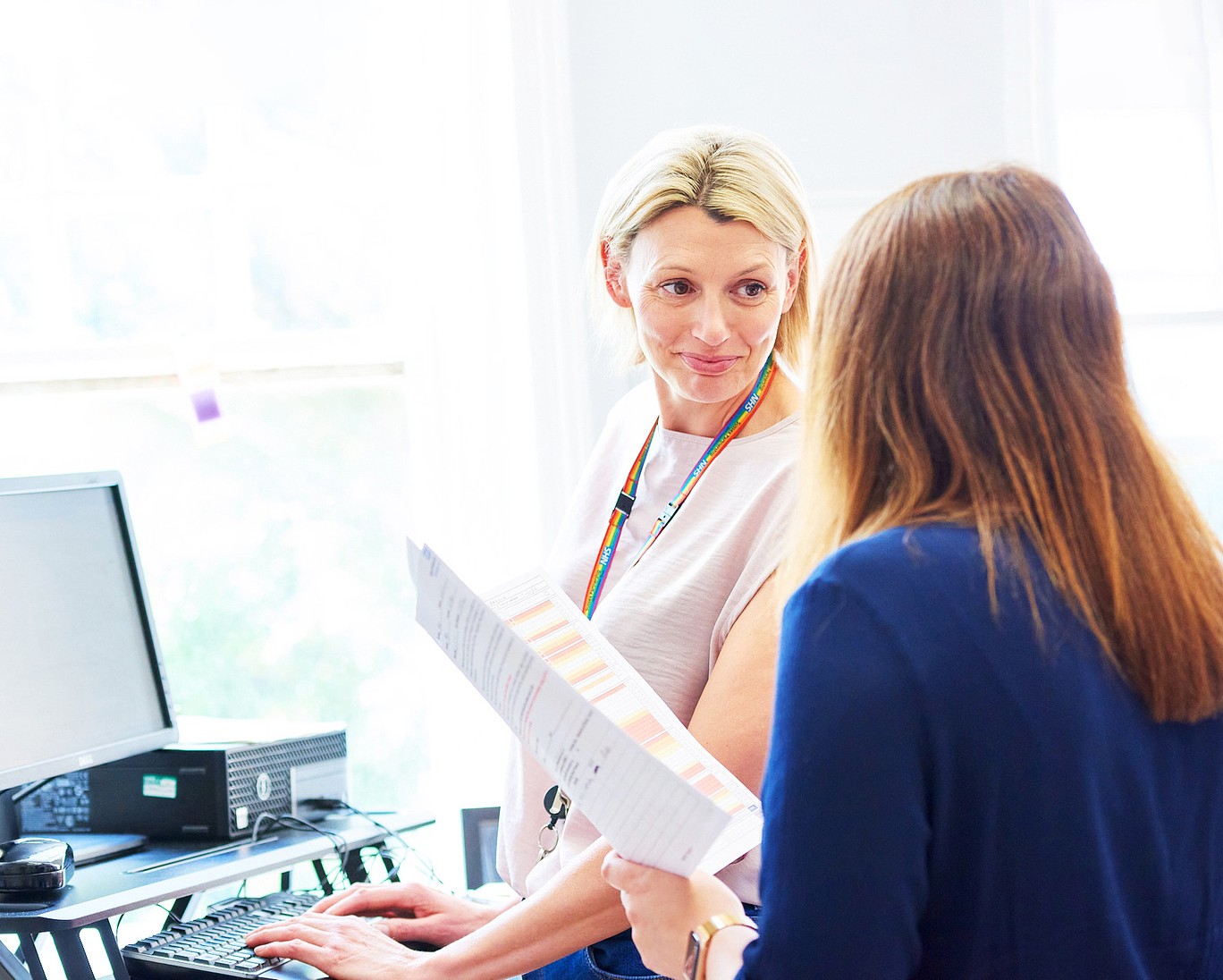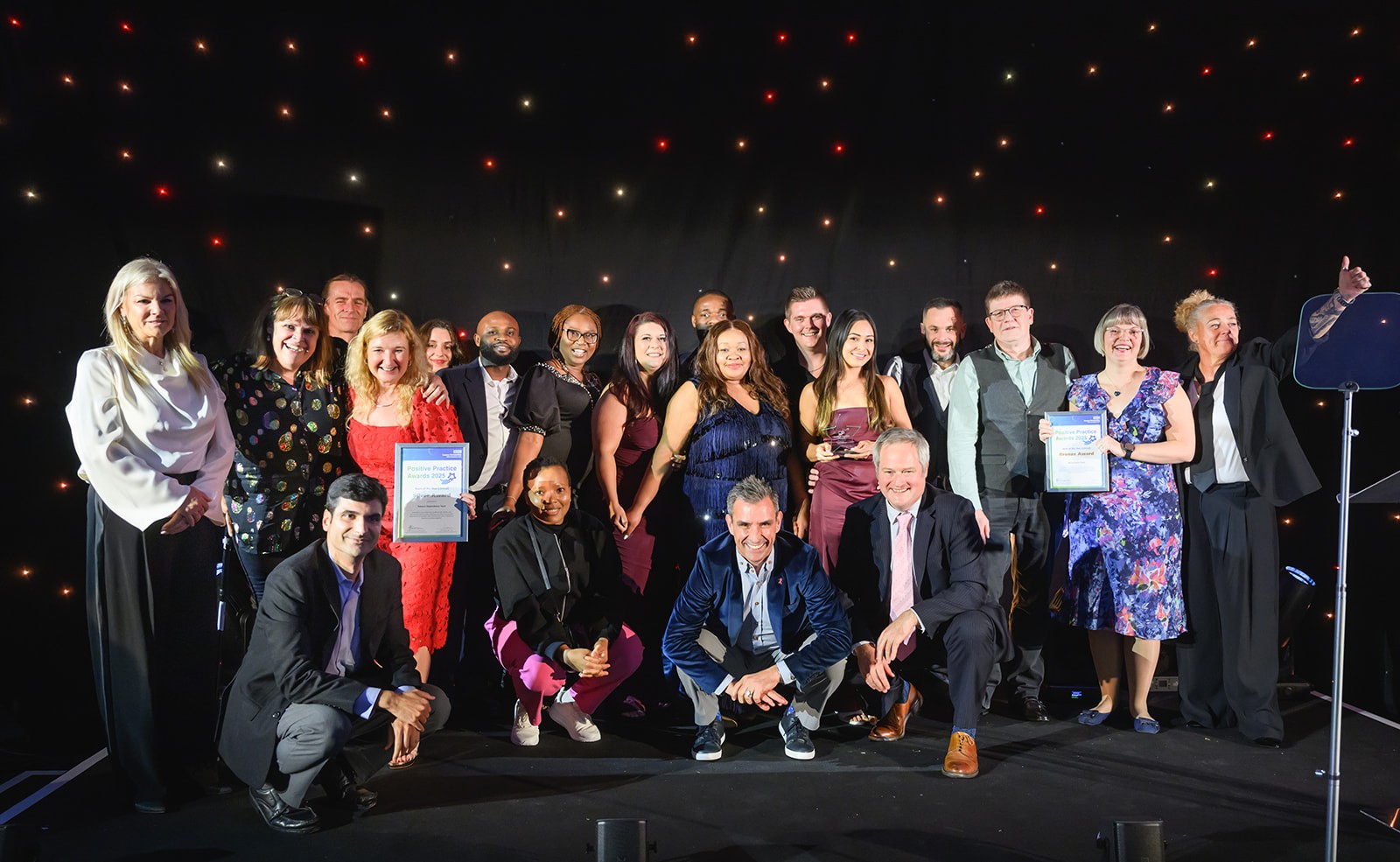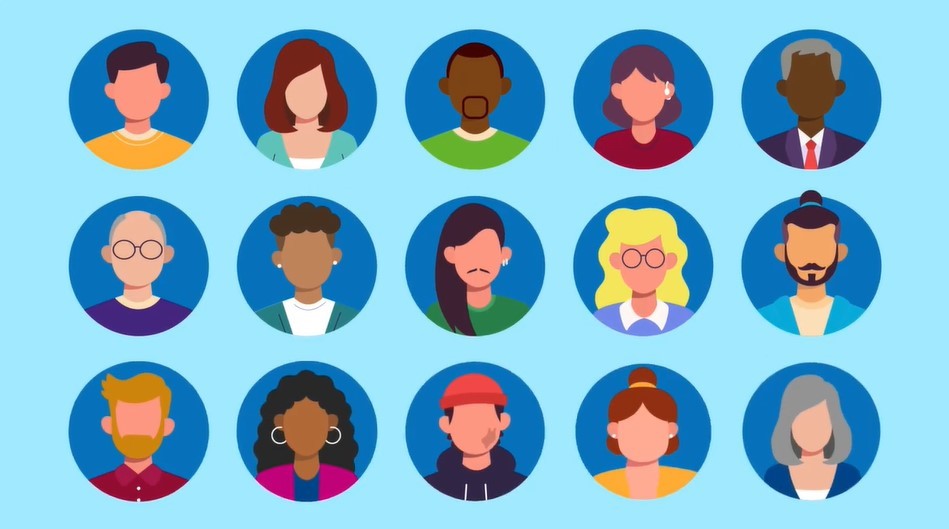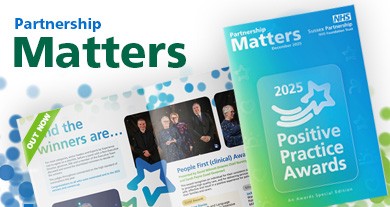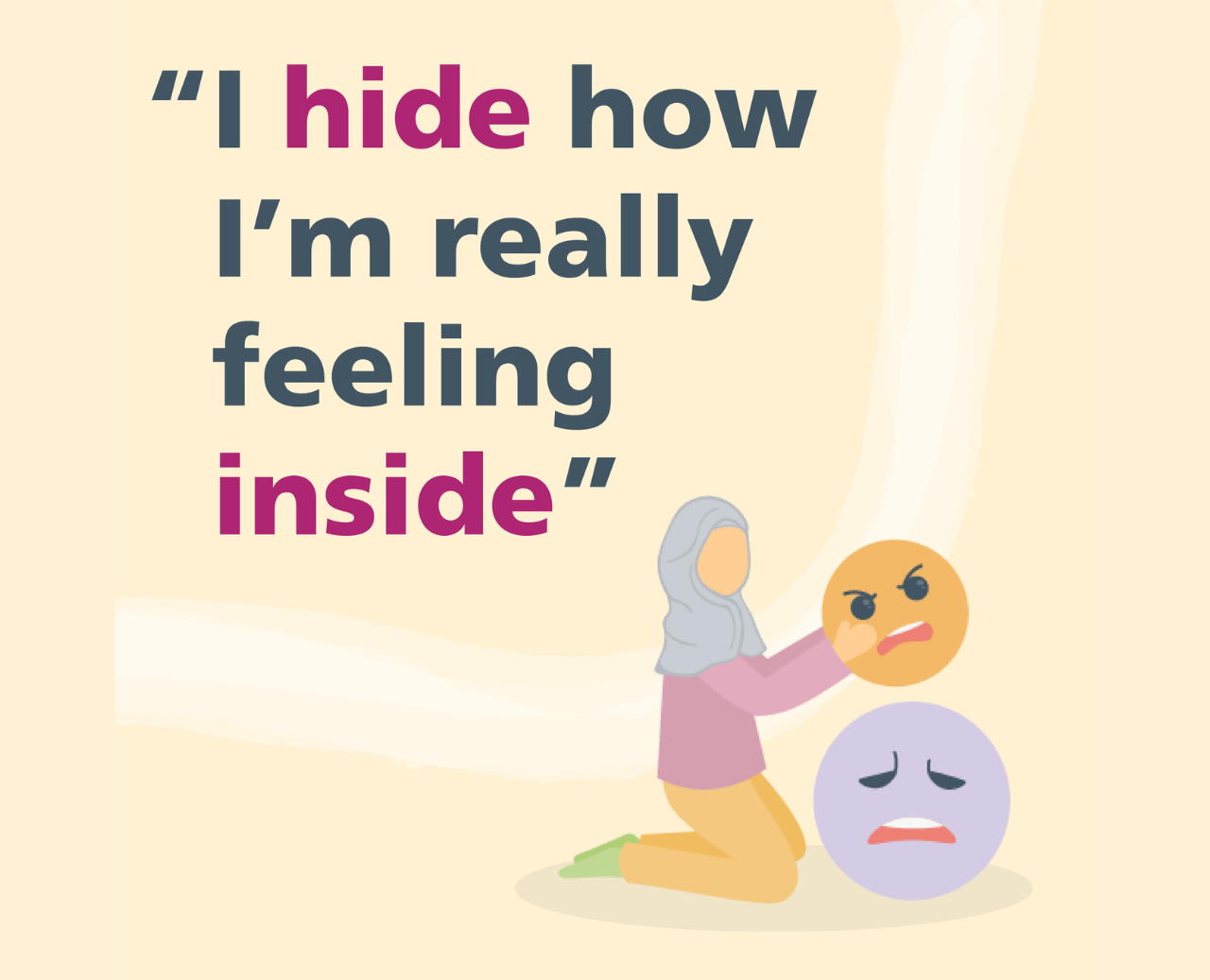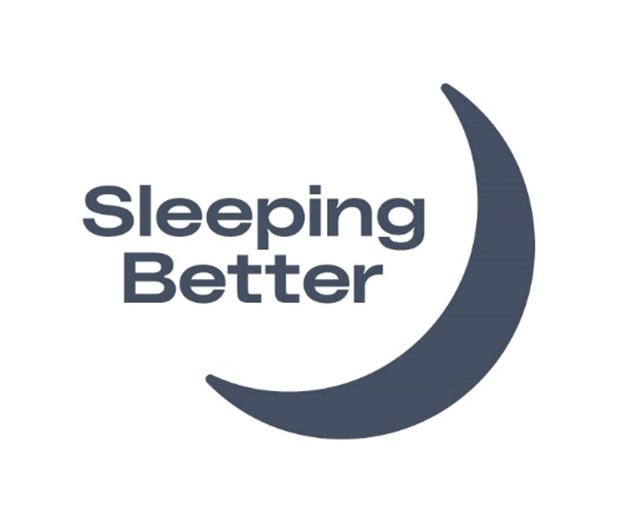
New research clinics commissioned to support mental health
Four new research clinics have been commissioned to support people with a range of mental health issues in Sussex.
The clinics, run by Sussex Partnership NHS Foundation Trust, will centre around providing help, advice and treatment for people with paranoia, neurodevelopmental conditions, post-traumatic stress disorder (PTSD) and young people with emerging mental health problems in schools.
Sussex Partnership provides specialist mental health and learning disability services across the south east, and is one of the most research-active mental health Trusts in England. The research focuses on dementia, young people, psychosis, brain and body, mood and anxiety, learning disability, personality, emergency and complex care, and approaches to involvement and recovery.
The clinics create innovative environments that bring together researchers and clinicians to implement and evaluate the latest interventions.
Dr Mark Hayward, Director of Research and Development and Lead for the Sussex Voices Clinic at Sussex Partnership, said: “We are committed to offering treatments to our patients that are informed by the latest research evidence.
“Expanding our research clinics will support us in this respect. But we don’t want to stop there! We want to keep asking questions about how these interventions can be improved and offered to more patients.
“Our clinics will bring together researchers and clinicians to establish a virtuous cycle that will help us to continuously improve the services that we offer to our patients.”
The four new clinics will help bridge the gap that often exists between research and clinical practice, as well as working with service users and people with lived experience of mental health conditions to help inform the service, research and treatments.
The four new clinics are:
- The Neurodivergent Brain-Body research clinic which will run within the existing clinical service, to provide and evaluate targeted interventions to improve both physical and mental health for neurodivergent people in Sussex. Neurodevelopmental conditions affect up to 10% of the population and include autism, attention-deficit hyperactivity disorder (ADHD) and Tourette syndrome, contributing to neurodivergence.
- The Mental Health Support Team research clinic will work within schools as this is the place where young people spend much of their time. Although there are evidence-based treatments for depression and anxiety in young people, most young people do not access these treatments for a variety of reasons. First steps will be to evaluate the effectiveness of this configuration in the school setting and then develop training to support children and young people with obsessive compulsive disorder (OCD), PTSD, Autism, and neurodiversity in this context.
- The SlowMo research clinic which will implement SlowMo therapy in Sussex Partnership Assessment and Treatment and Recovery services. SlowMo is the first evidence-based (from the national SlowMo study) digital psychological therapy designed specifically for paranoia. This eight-week therapy is assisted by an app downloaded onto a mobile phone. Therapists work with the person to identify their worries, and then help them find ways to slow down and take a moment when they notice their worries. The clinic will work closely with the Sussex Recovery College to integrate the therapy into the curriculum and to promote early intervention and self-management.
- The PTSD research clinic will allow the Trust to improve outcomes for people with PTSD, by increasing access to evidence-informed treatments and also supporting researchers to learn what treatments work for whom. The experience of traumatic events is common in people supported by mental health services. A significant proportion of people meet criteria for PTSD, including Complex PTSD. It is likely that there will be an increase in people seeking help for PTSD, given the context of Covid-19 exacerbating pre-existing PTSD, and newly developed PTSD from Covid-related and other experiences.
These new clinics will join our other clinics which lead on research into voice-hearing, OCD, eating disorders and immunopsychiatry.
